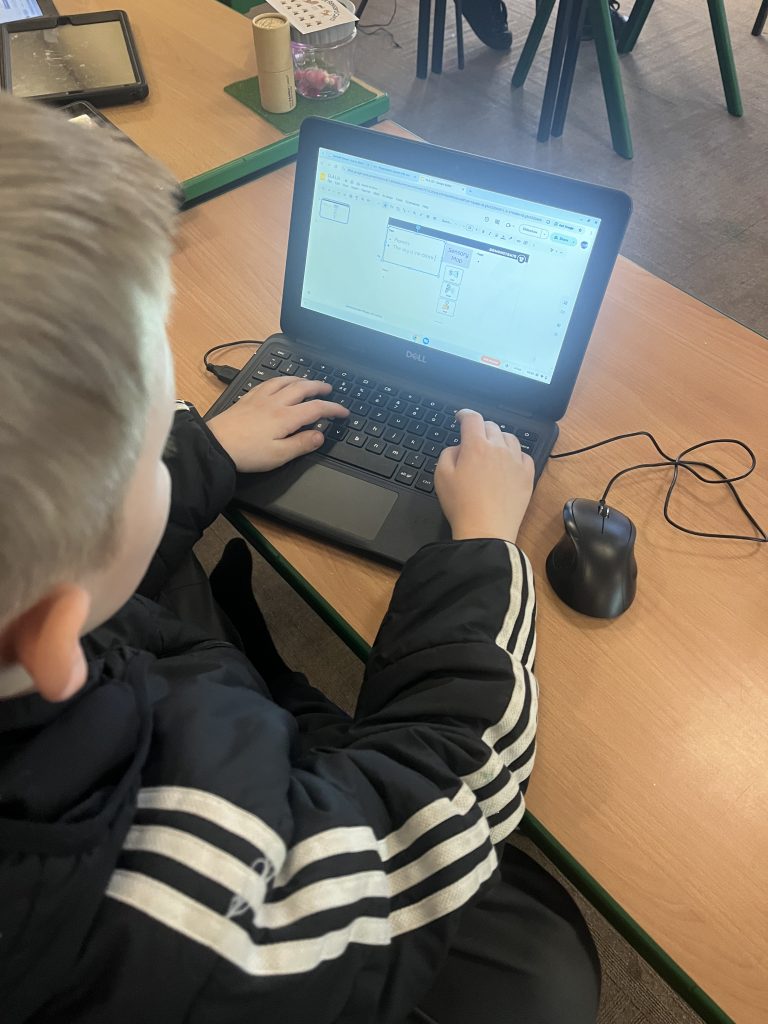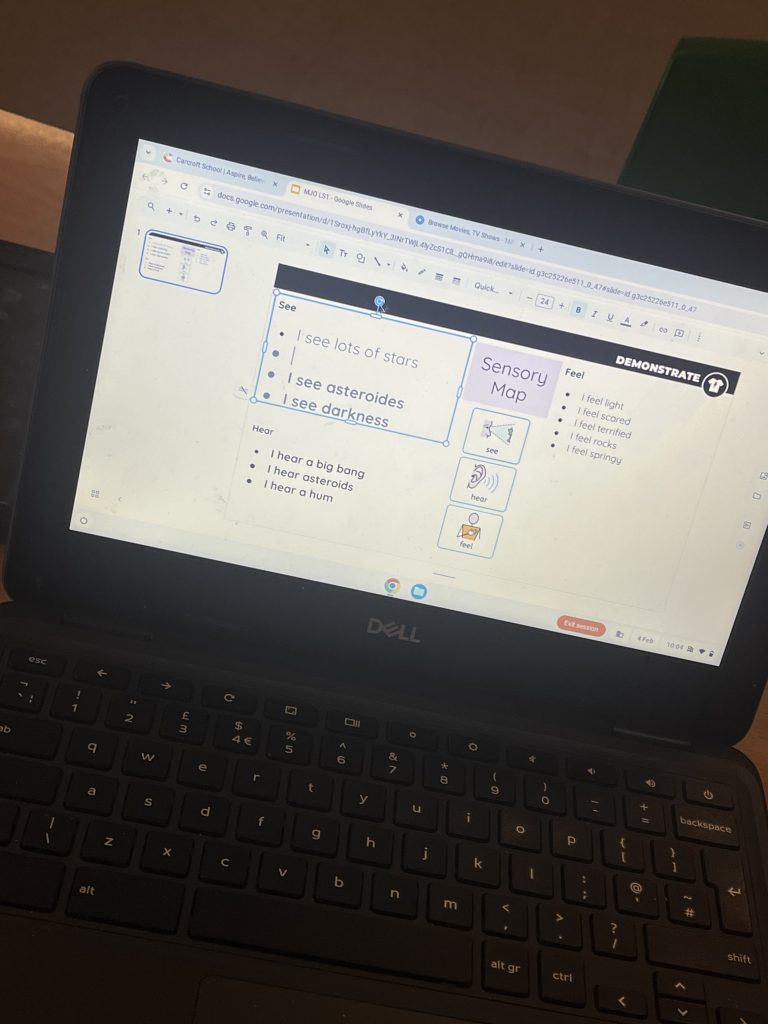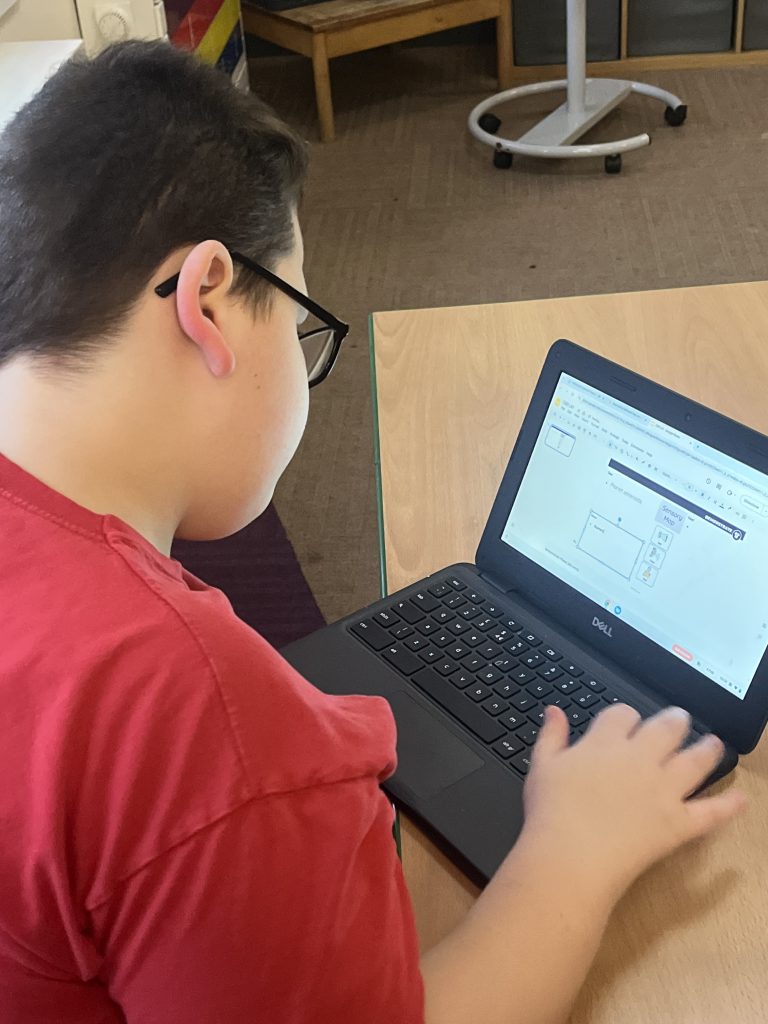During the Spring Term, 2024, Carcroft Change Makers worked collaboratively to develop the ‘Carcroft Pledge’. We can’t wait to share this with whole school during our Summer Term!
Category : Curriculum
Online Safety
Our pupils are growing up in a world of ever-changing technology. While we feel that the use of technology is a largely positive aspect of modern life, we cannot ignore the risks that can be associated.
Throughout school we aim to teach children: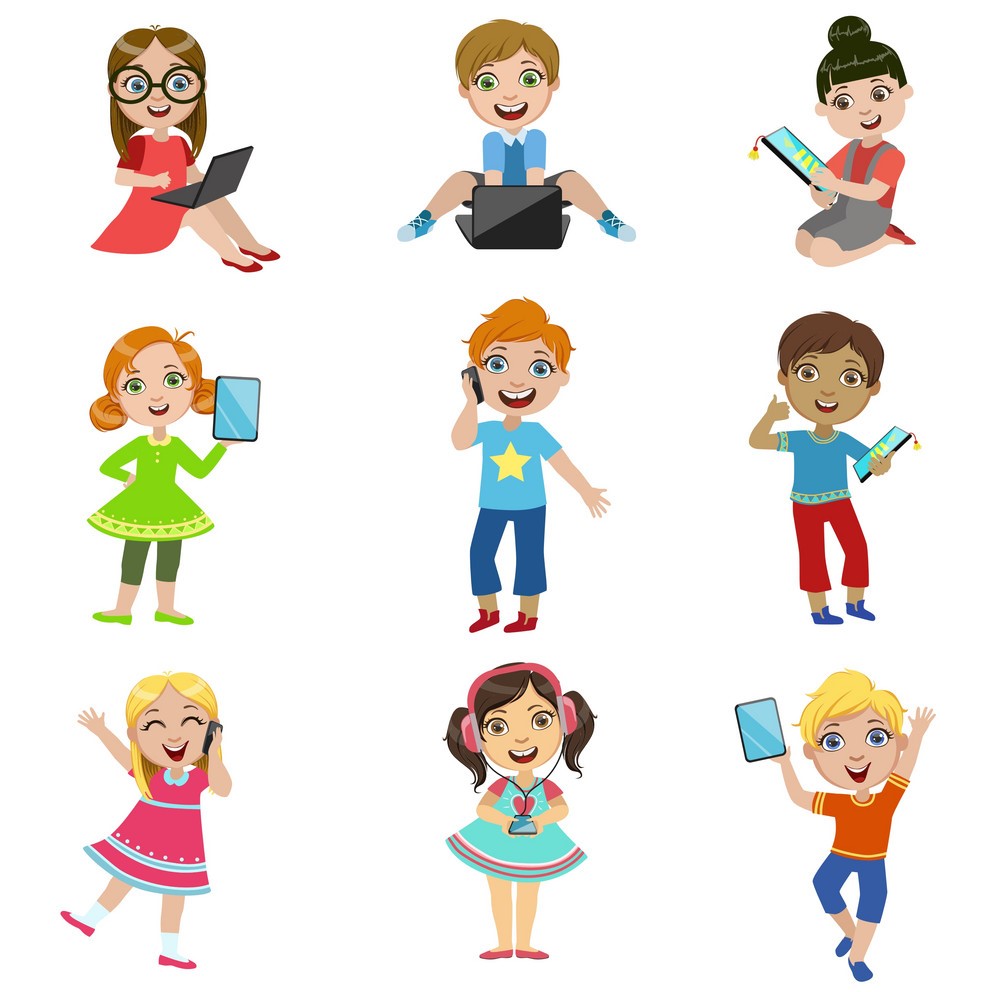
- about the impact of cyber-bullying and what to do if they have been affected.
- to be vigilant when communicating online recognising that people may not always be who they say they are and to be sensible about what they share.
- to tell an adult they trust if something is upsetting them.
- to question the reliability of information given through a web based source.
- to search responsibly for information while using internet browsers.
We understand that much of our pupil’s use of the internet will occur at home, away from the school filters.
Below are a list of useful websites, advice and resources that you may find helpful when navigating the issue of online safety with your child. At the bottom of this page are resources that your child can directly access as well to help them learn about online safety.
Useful resources and links
Thinkuknow http://www.thinkuknow.co.uk
Thinkuknow is an education programme from the National Crime Agency’s CEOP Command. Since 2006, it aims to ensure that everyone has access to this practical information – children, young people, their parents and carers and the professionals who work with them.
Internet Matters https://www.internetmatters.org/advice/esafety-leaflets-resources/
A comprehensive web resource with a wide array of tips and advice on how to navigate the online world with your child. Some of their guidance we attach below but you can find even more by visiting the link.
National Online Safety https://nationalonlinesafety.com/resources/platform-guides/
National Online Safety’s mission is to make the internet a safer place for children. They aim to do this by equipping school staff, parents and children with the knowledge they need to understand online dangers and how best to react should an incident arise. The link above provides up to date information about a wide variety of social media apps and platforms your child might be using.
NSPCC http://www.nspcc.org.uk/preventing-abuse/keeping-children-safe/share-aware/
The NSPCC are the first to admit that the internet is amazing. Children can play, learn, create and connect – opening up a whole world of exciting possibilities. But with the digital world changing all the time, how can you make sure your child’s staying safe? That’s where the NSPCC come in. Whether you’re an online expert or you’re not sure where to start, their tools and advice will help you keep your child safe.
Childnet http://www.childnet.com/parents-and-carers
Childnet International is a registered UK charity that aims to make the internet a safe place for children and young people. Packed with resources it is a great resource for parents.
CEOP http://ceop.police.uk/safety-centre/
Child Exploitation and Online Protection (CEOP) is part of the National Crime Agency and their website can be used to report if you are worried about online abuse or the way someone is communicating online.
BBC https://www.bbc.com/ownit
The BBC have a website and app called Own It. The website has a lot of content for children to help them navigate their online lives, and the free smartphone app comes with a special keyboard which can intervene with help and support in the moments that children need it the most.
SafetoNet https://safetonet.com/
SafeToNet is technology that educates children “in-the-moment” as they use their device. It is a safeguarding assistant that helps them become responsible and safe digital citizens. Its power lies in a smart keyboard that detects risks in real-time. It steers children away from trouble by filtering harmful outgoing messages before they can be sent and any damage can be done.
A guide to Apps & Social Media
The number of apps and social media channels your child could be exposed to grow all the time, as does an app’s functionality. We recommend you visit Net Aware to read the latest and most current advice on over 70 apps to ensure you know what they do, how you can limit their features as well as recommended age restrictions.
The apps included are:
- Fortnite
- Snapchat
- YouTube
- Minecraft
- Clash of Clans & Clash Royale
- Kik
- Friv
- Dubsmash
- Wink
- YOLO
- TikTok
- And many, many more
Resources for children to use
Below are some links that children themselves can access for help when navigating the tricky subject of online safety,
Reception – Year 2
Below are a number of links that are tailored for children in the younger year groups.
https://www.thinkuknow.co.uk/5_7/
https://www.netsmartzkids.org/
https://www.childnet.com/resources/smartie-the-penguin
Year 3 – Year 6
Below are links more suitable for older children.
https://www.thinkuknow.co.uk/8_10/
https://www.nsteens.org/
Caution construction zone ahead!
Crew Frost have had a wonderful week exploring all areas of our provision! It has been lovely to see the children so engaged and independent in their play.
This week, many of the children have been particularly interested in developing their small world play, creating different homes and habitats for our animals. Through this, they have been using their imaginations brilliantly and building detailed role-play stories together. This strongly supports their Communication and Language development, as they listened to one another’s ideas, shared their own thoughts, and worked collaboratively to extend their play.
We have also seen fantastic examples of Personal, Social and Emotional Development, with children taking turns, negotiating roles, and working as a team to achieve a shared goal. It has been wonderful to watch their confidence grow as they solved problems together.
In addition, the children really impressed us with their critical thinking and perseverance while experimenting with balancing and manipulating different materials. This hands-on exploration links to both Physical Development(developing control and coordination) and Mathematics, as they explored concepts such as balance, size, and stability through trial and error.
These experiences reflect the EYFS Development Matters guidance by providing meaningful, play-based opportunities for children to think creatively, communicate effectively, and develop resilience.
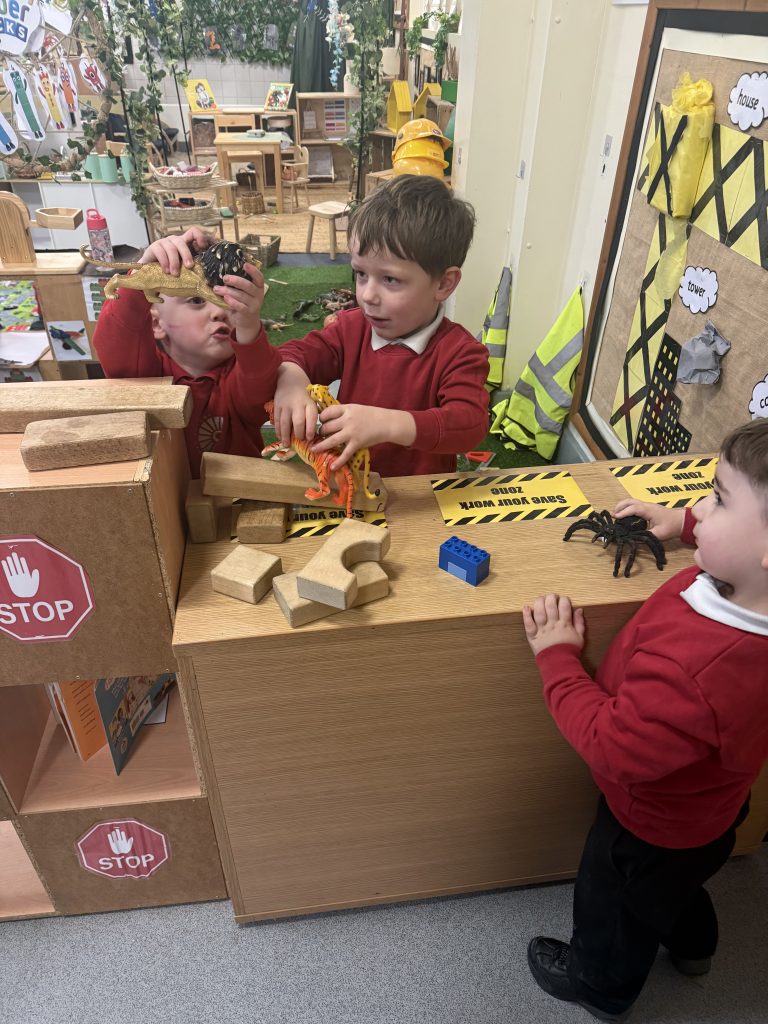
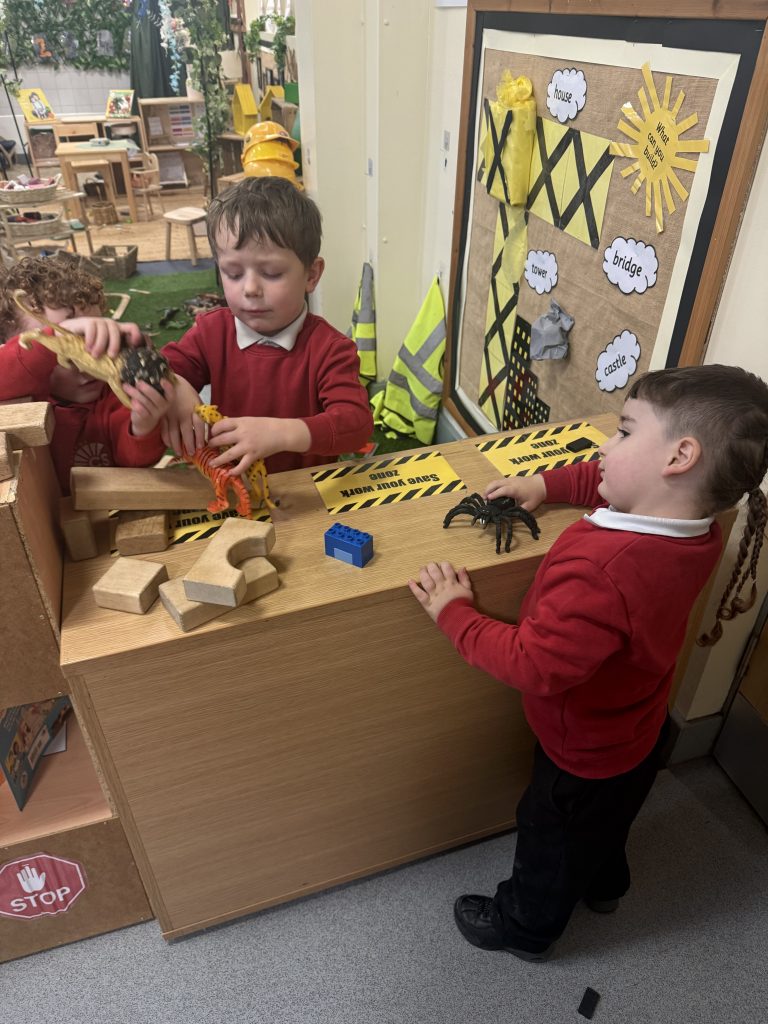
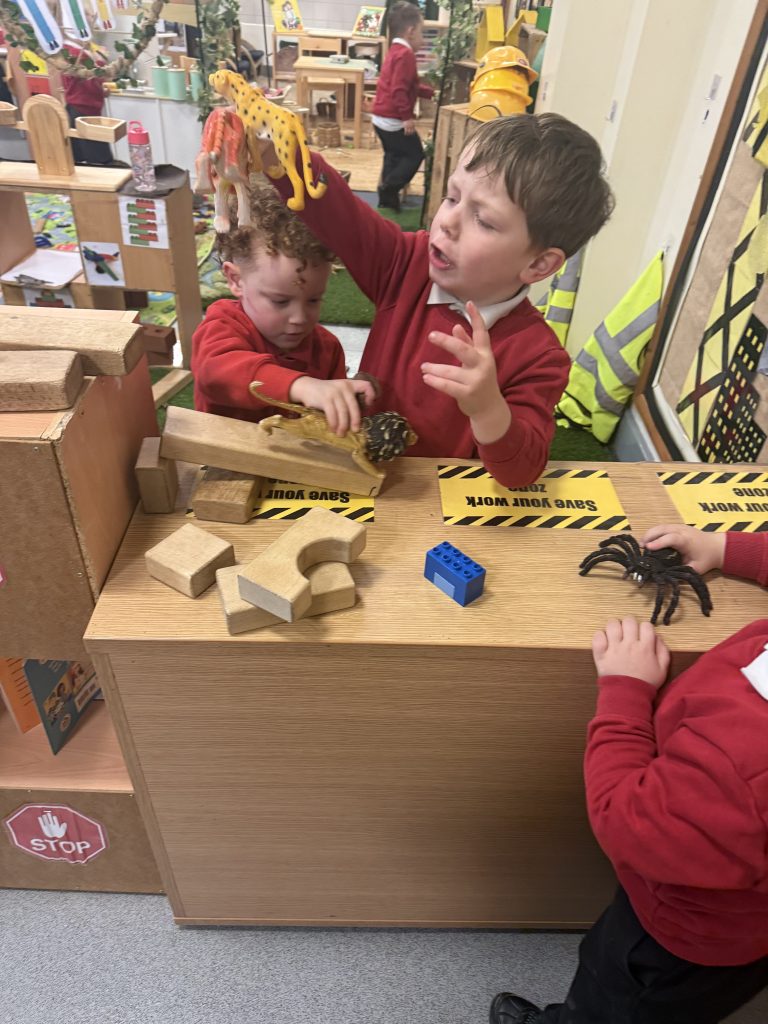
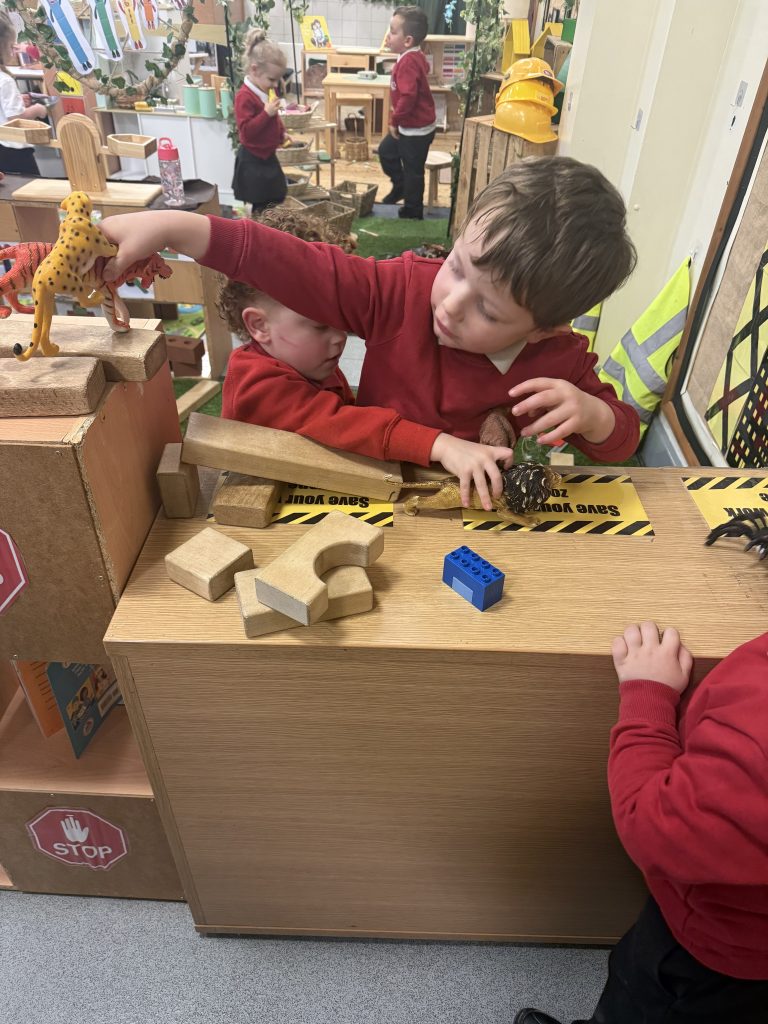
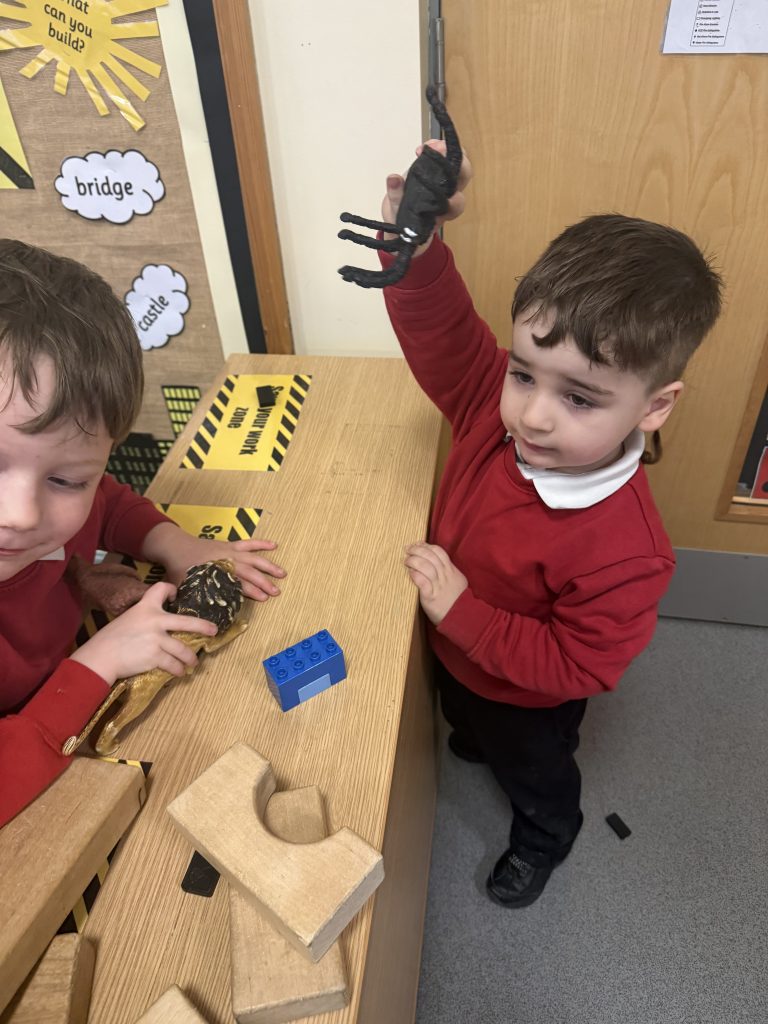
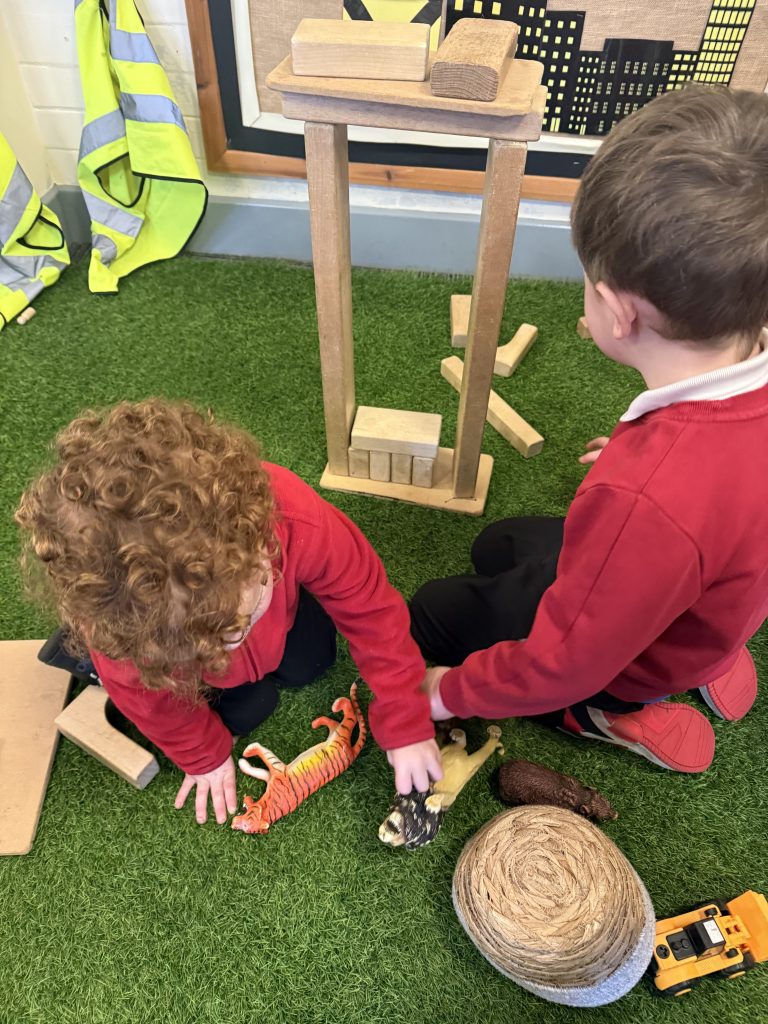
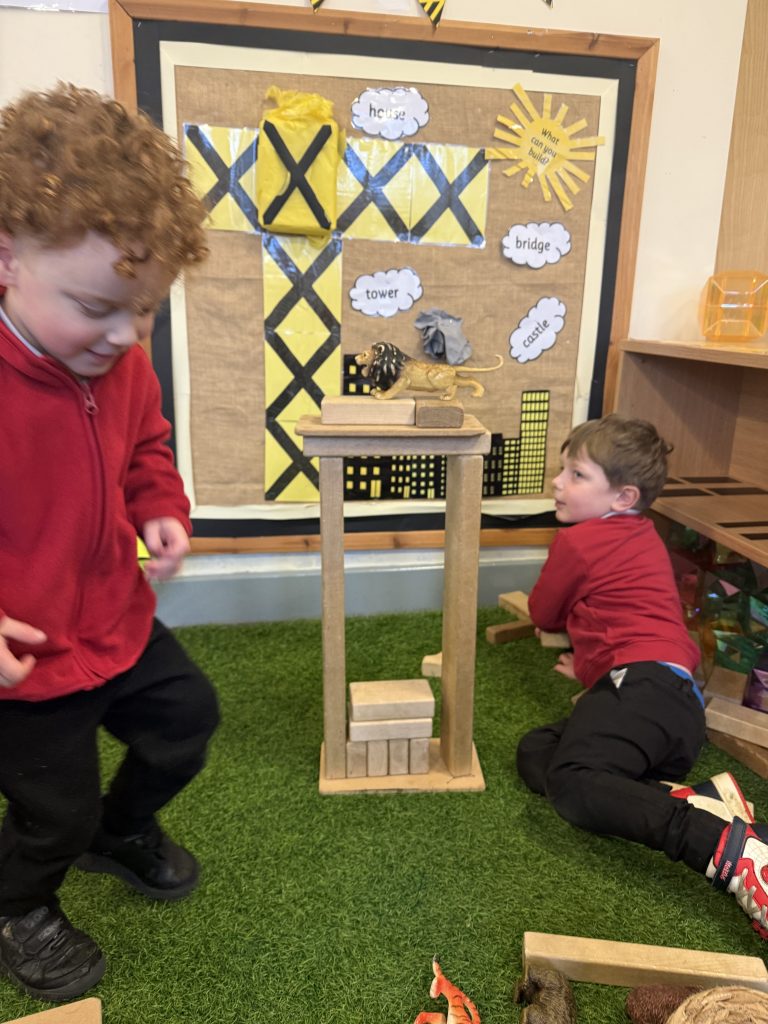
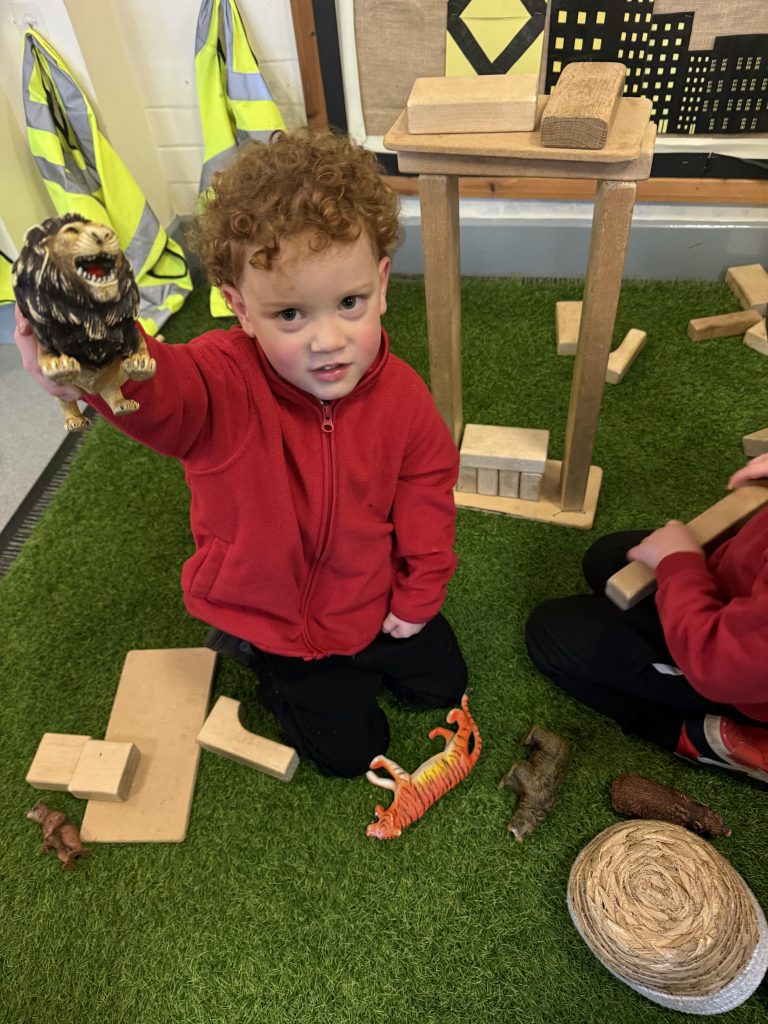
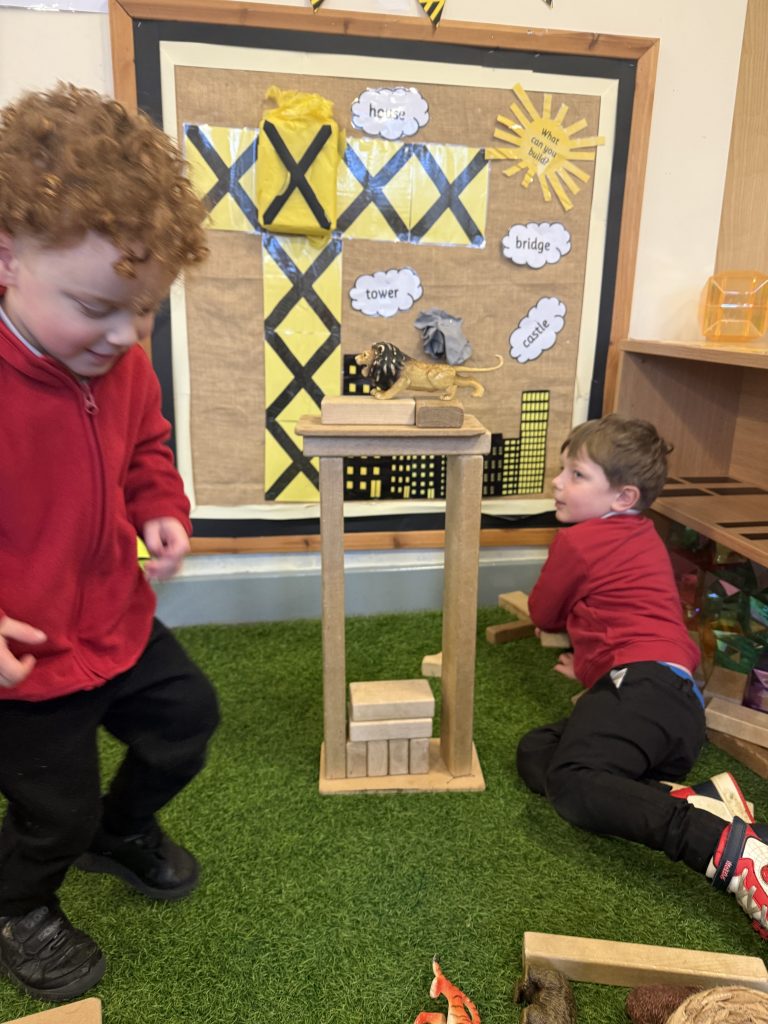
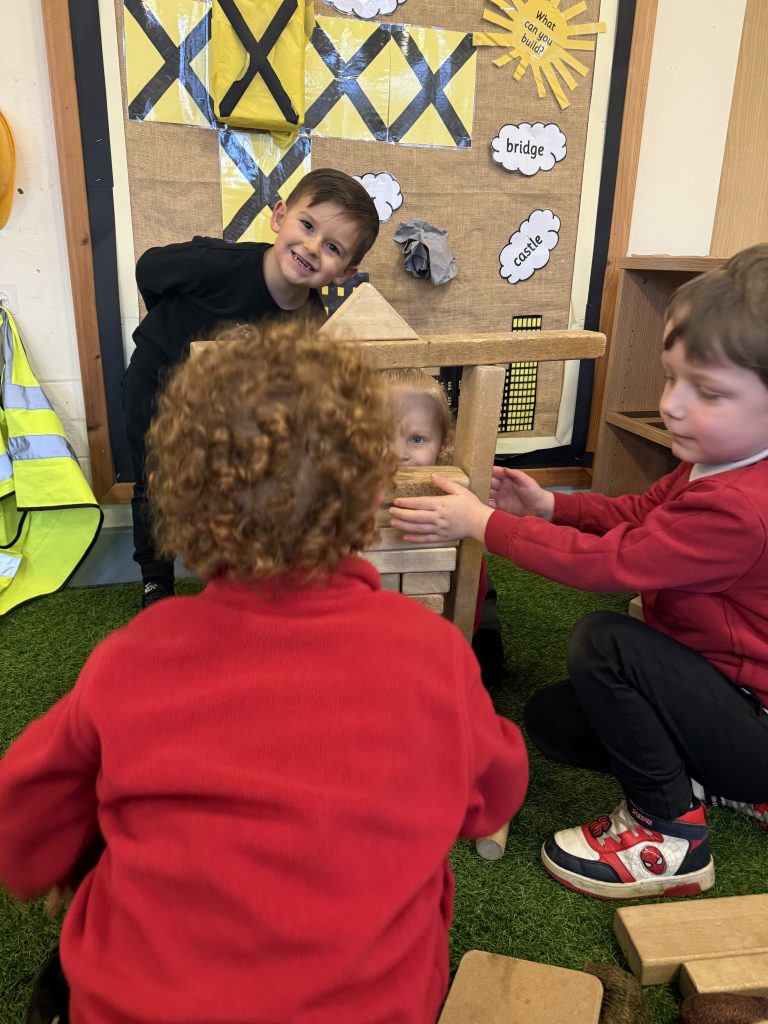
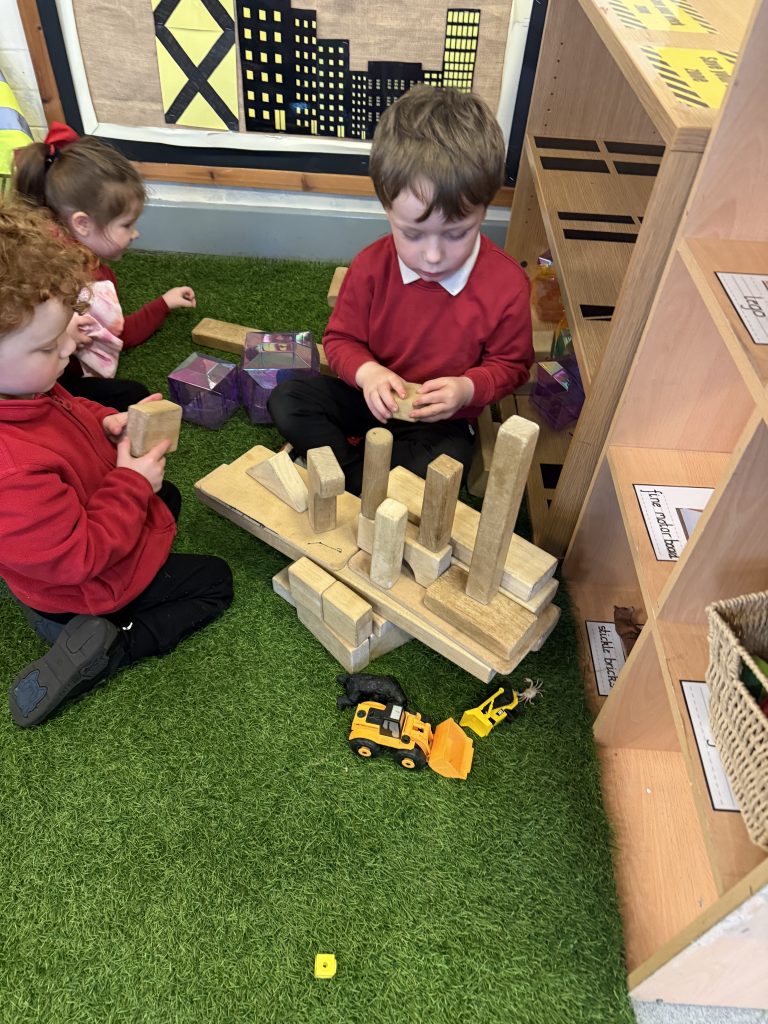
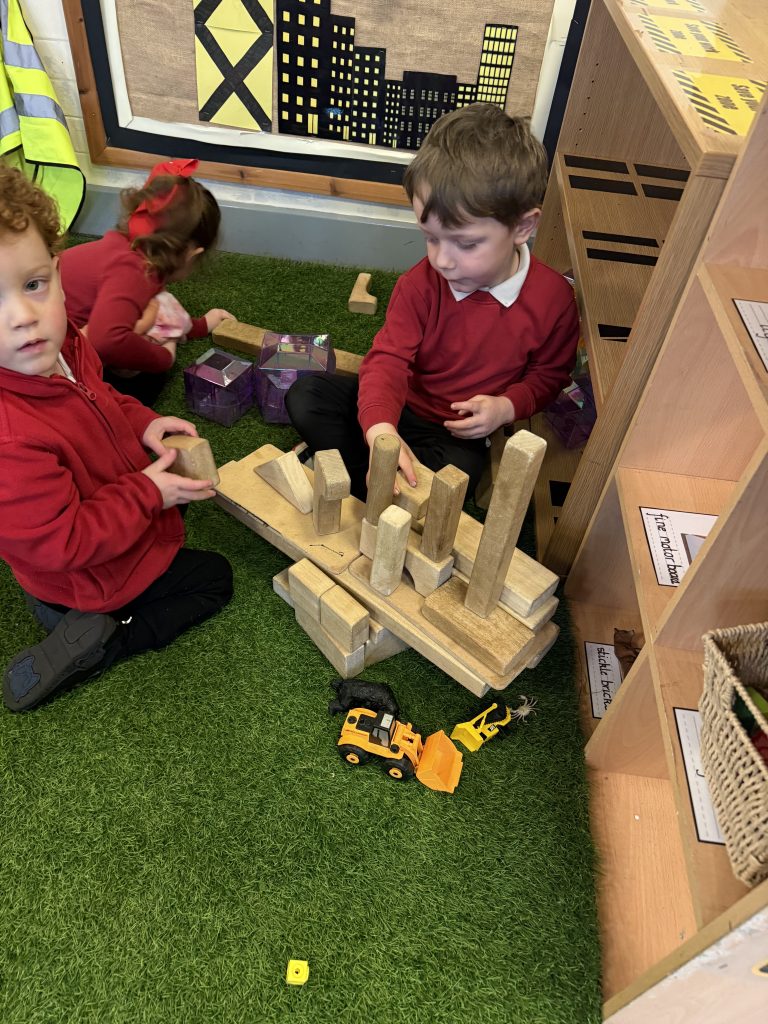
Out door maths
Over the past few days, the children have thoroughly enjoyed exploring maths through our outdoor provision. Using our “fast maths eyes,” we have been identifying and talking about shapes we can see in the environment, developing our early numberical skills and deepening our understanding of shape in meaningful, real-life contexts.
The children have also been busy creating simple two-part repeating patterns using natural resources such as sticks, leaves, twigs and stones. This hands-on exploration supports the Mathematics area of learning, particularly by recognizing, continuing, and creating patterns, while also encouraging problem-solving, critical thinking and collaboration.
Crew Frost have also been given opportunities to write numbers using chalk and other outdoor materials which has strengthened fine motor control and pencil grip. As the children formed numbers, we used fun phrases such as “around the tree, around the tree, that’s the way we make a three” to reinforce correct formation in an engaging and memorable way.
These experiences offer rich, practical, and play-based opportunities for Crew Frost to build strong foundations in number, shape, and pattern through active exploration.
Well done, Crew Frost — amazing mathematical thinking.
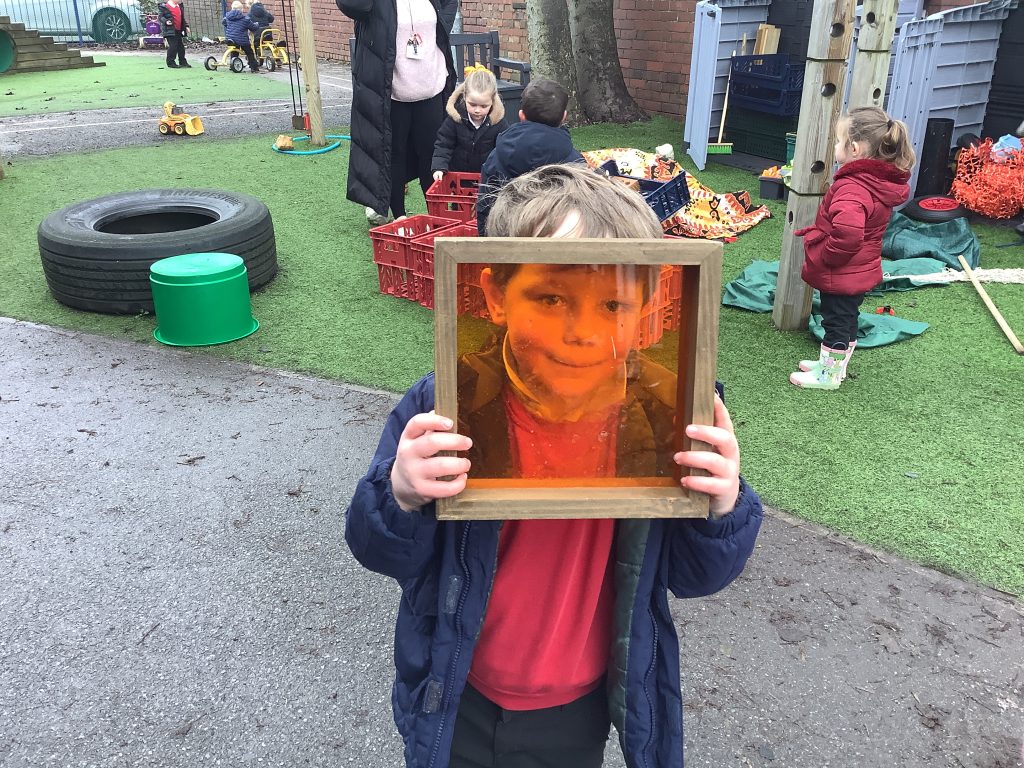
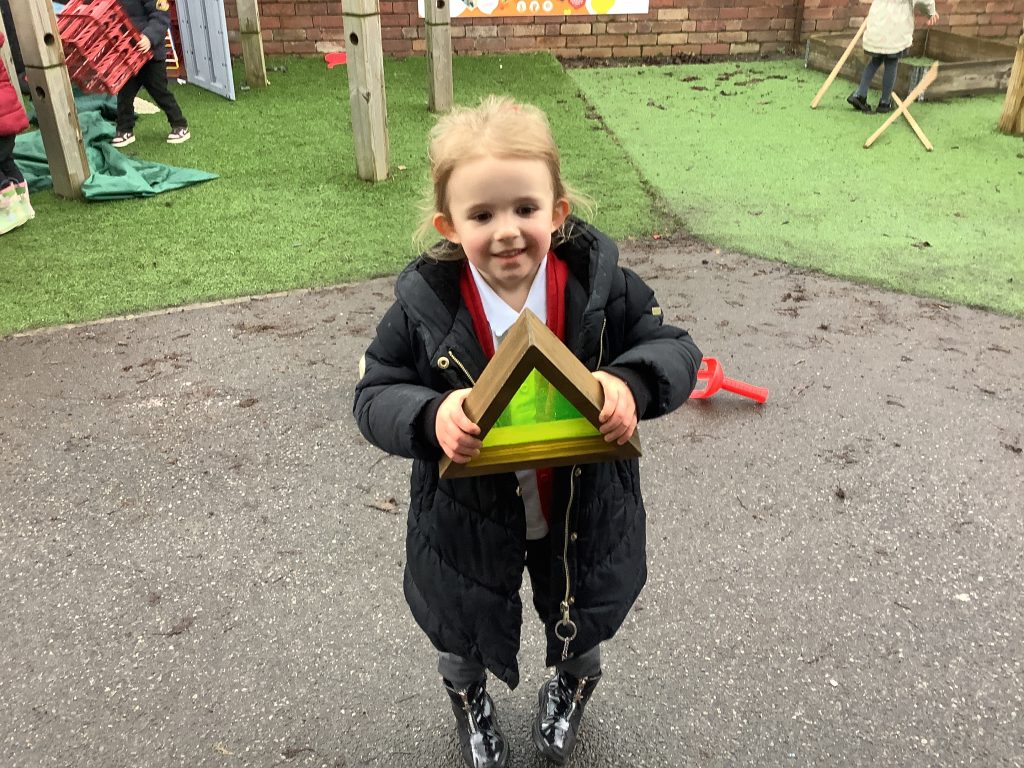
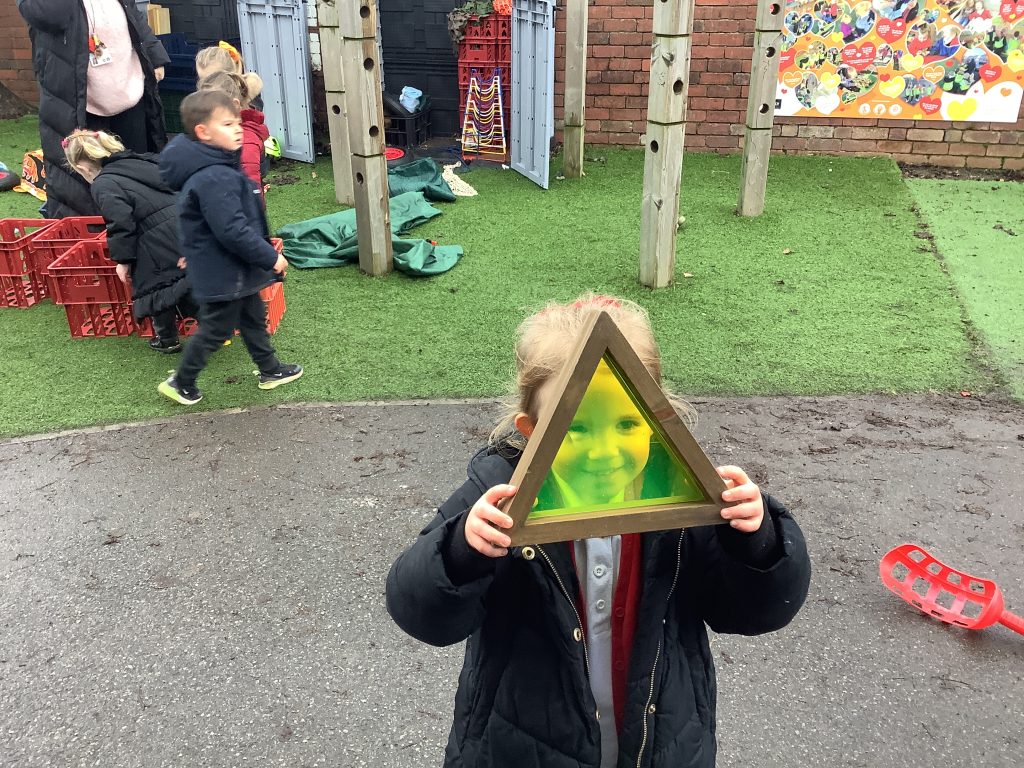
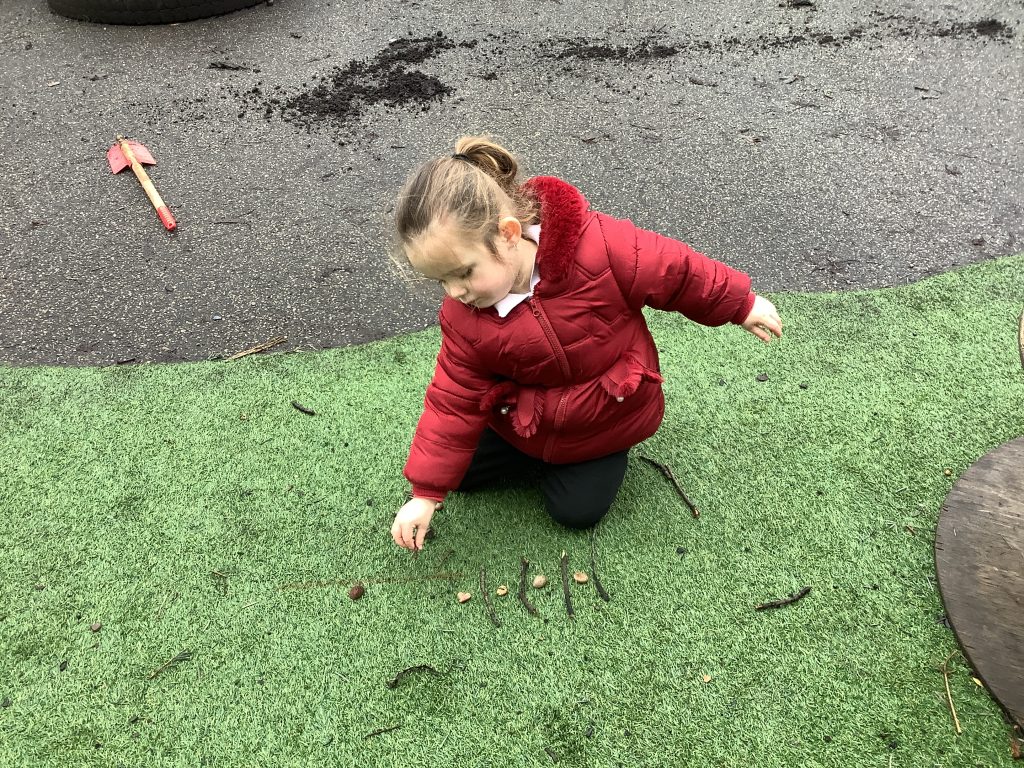
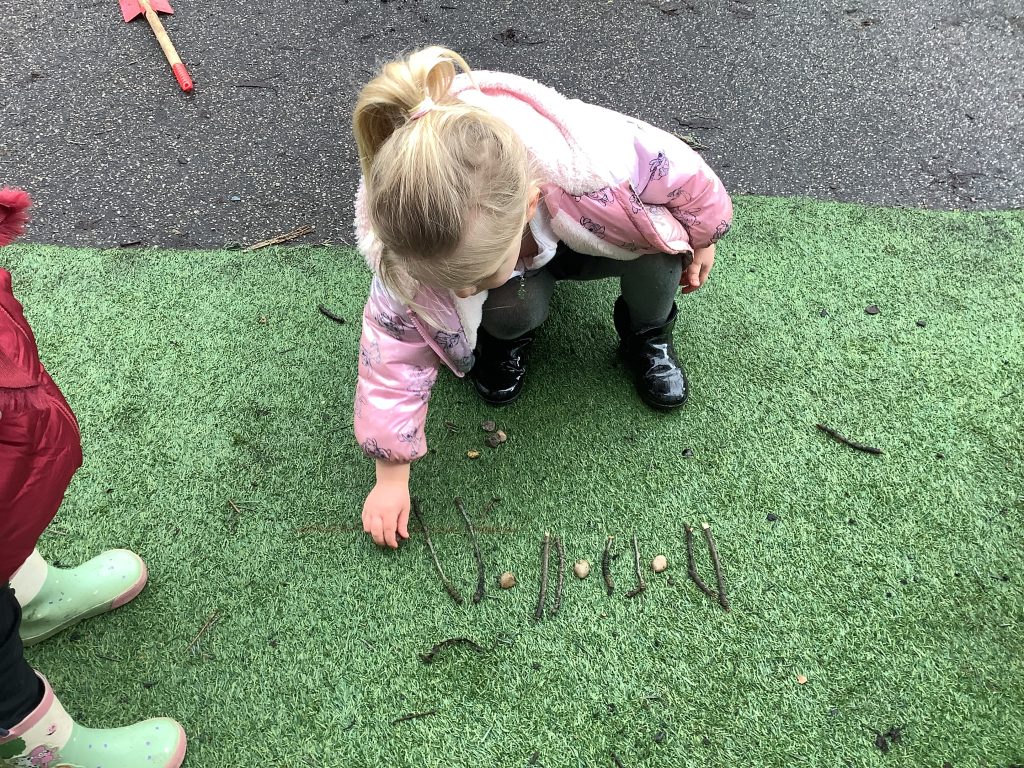
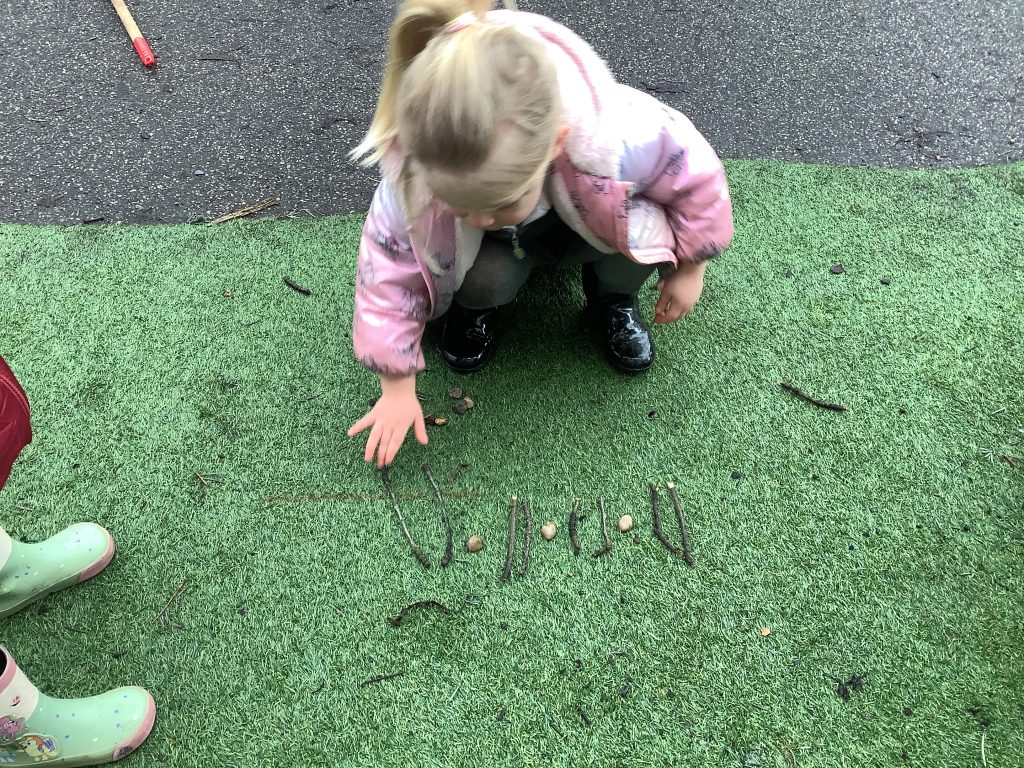
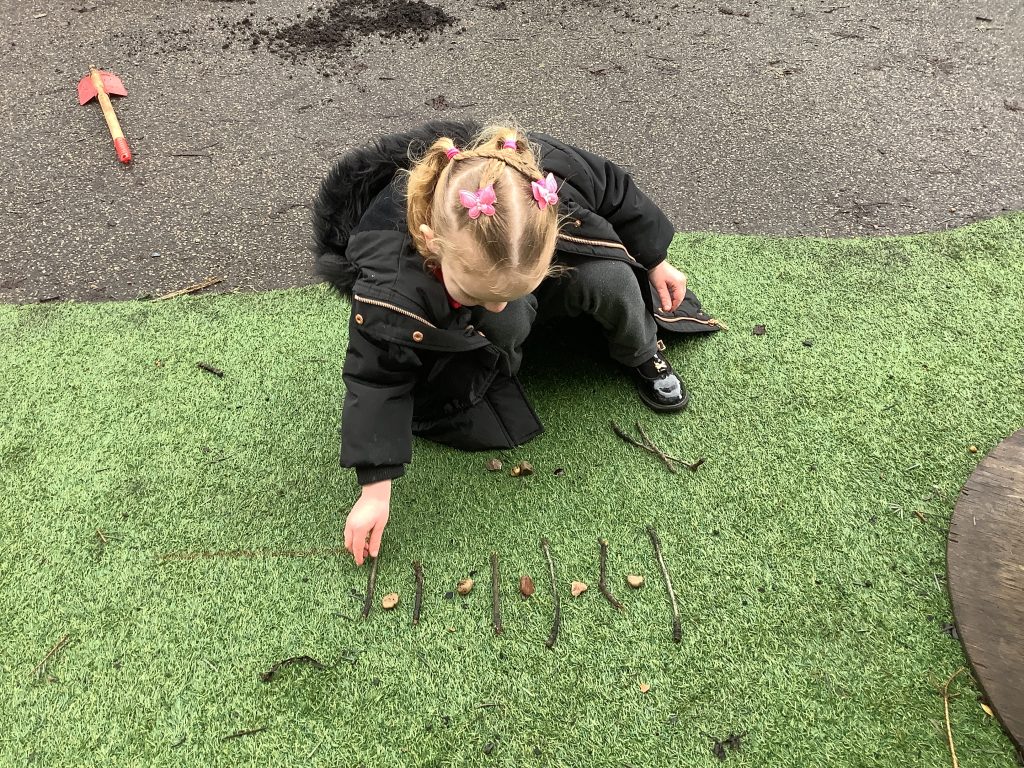
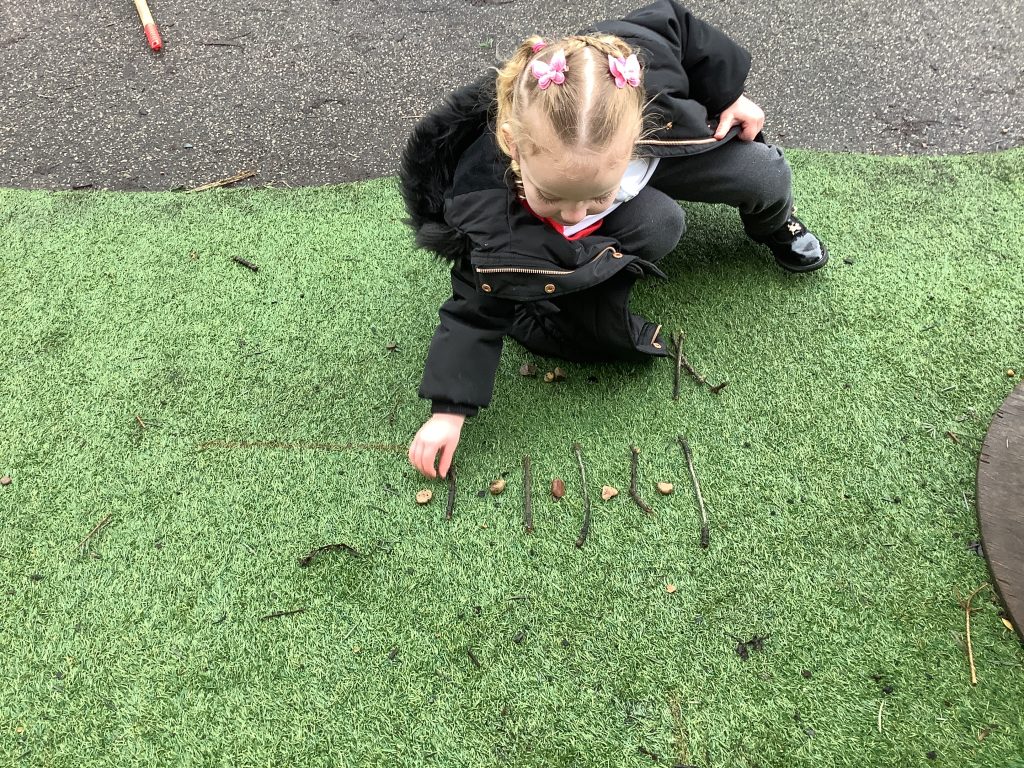
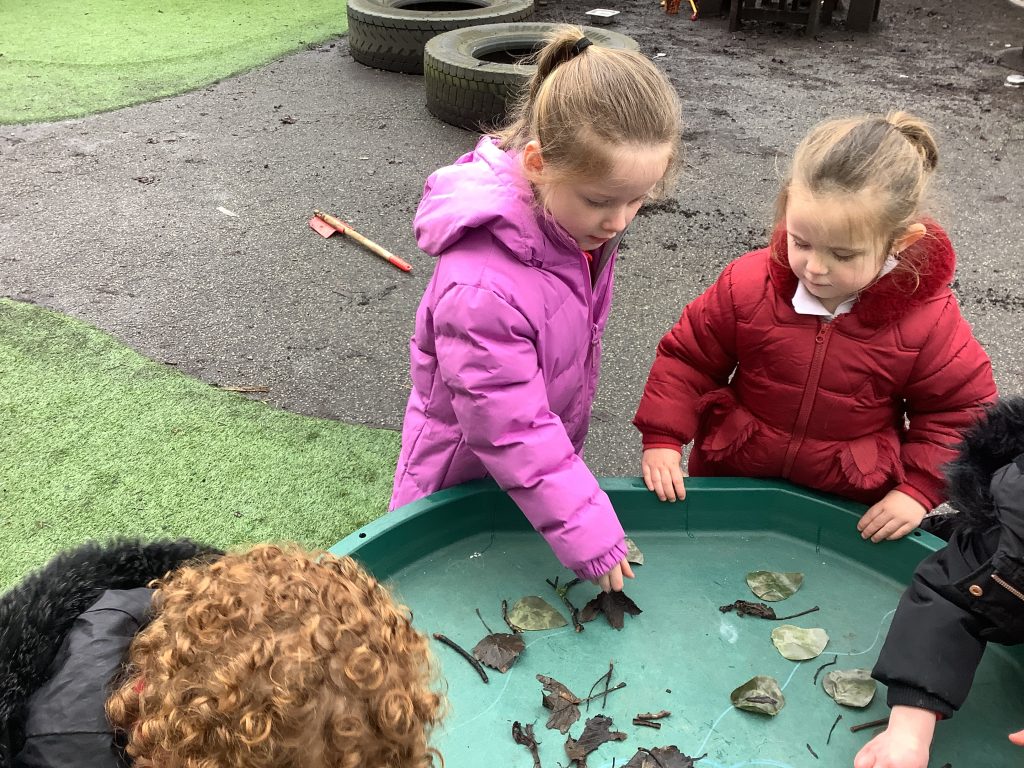
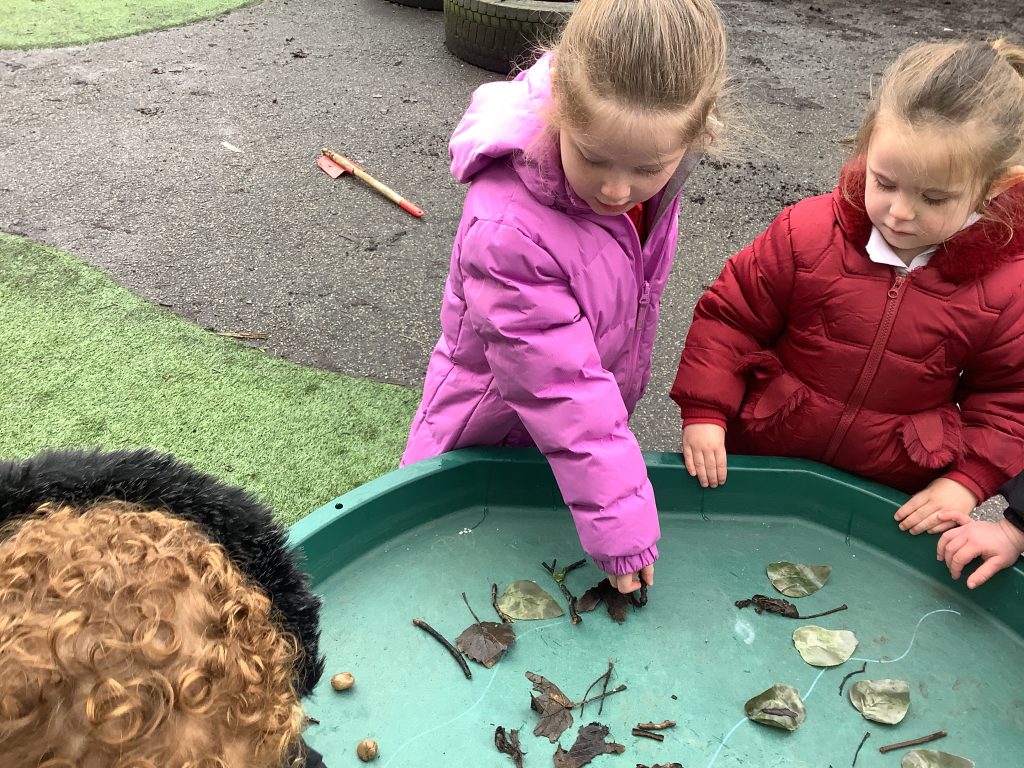
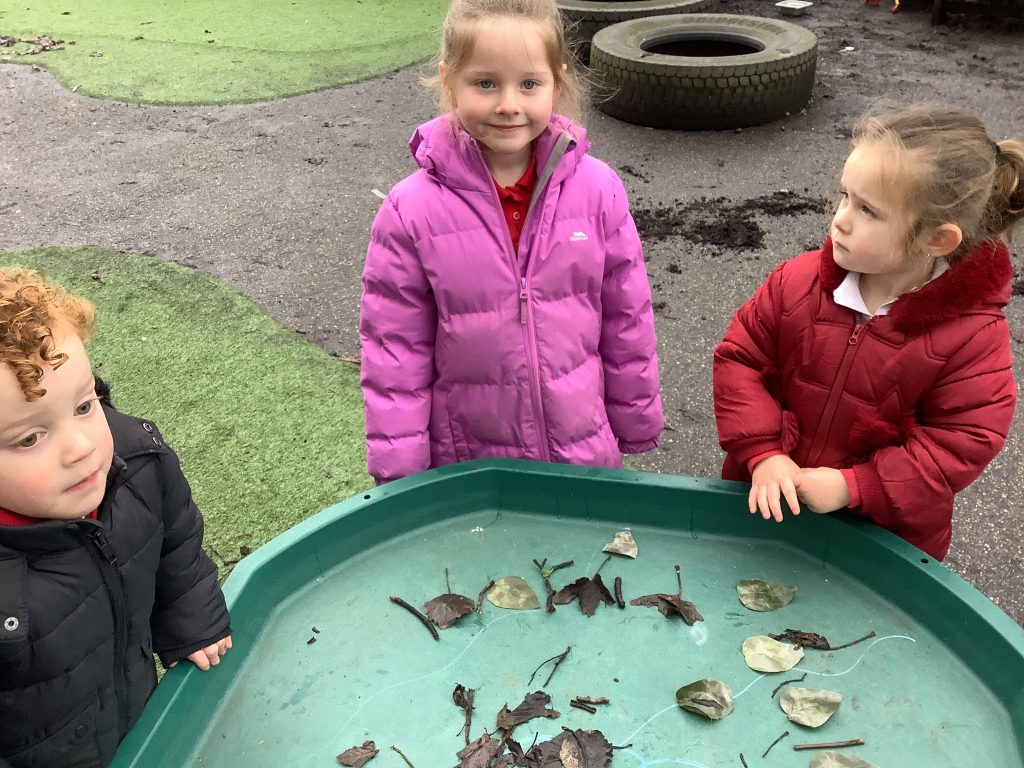
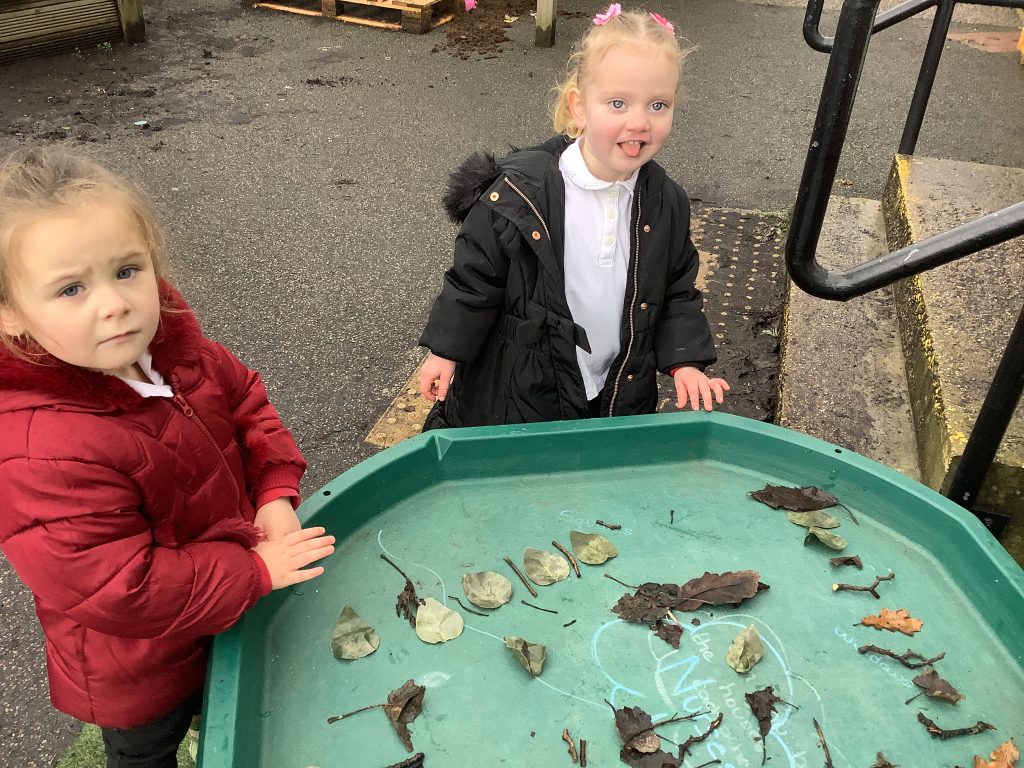
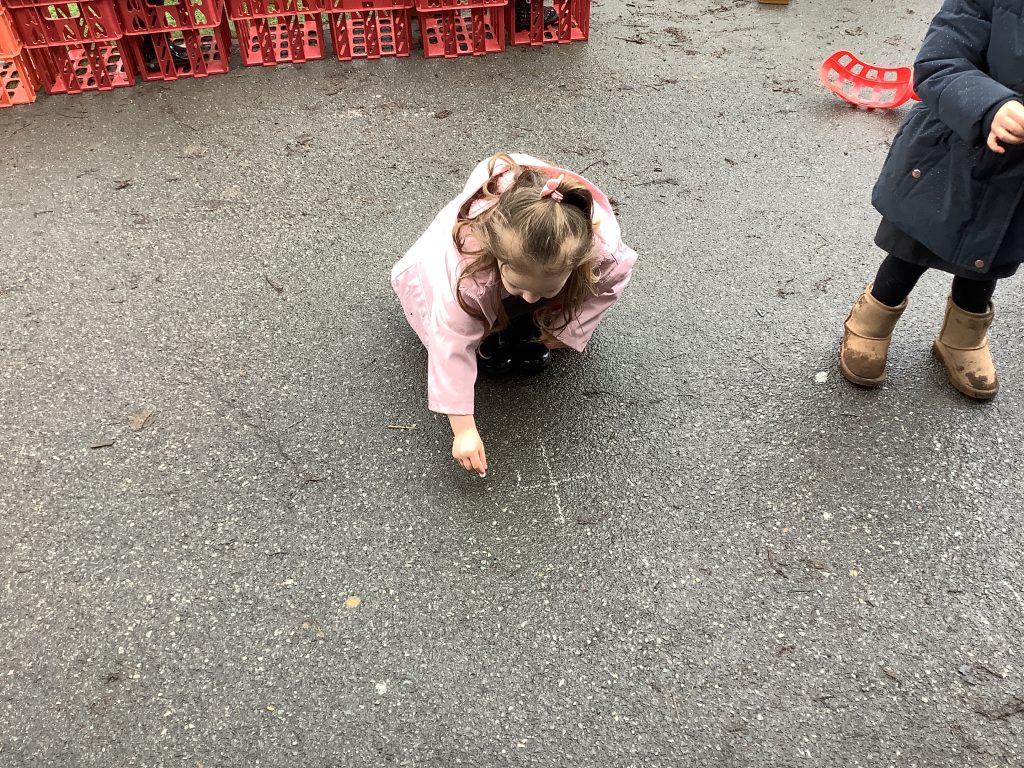
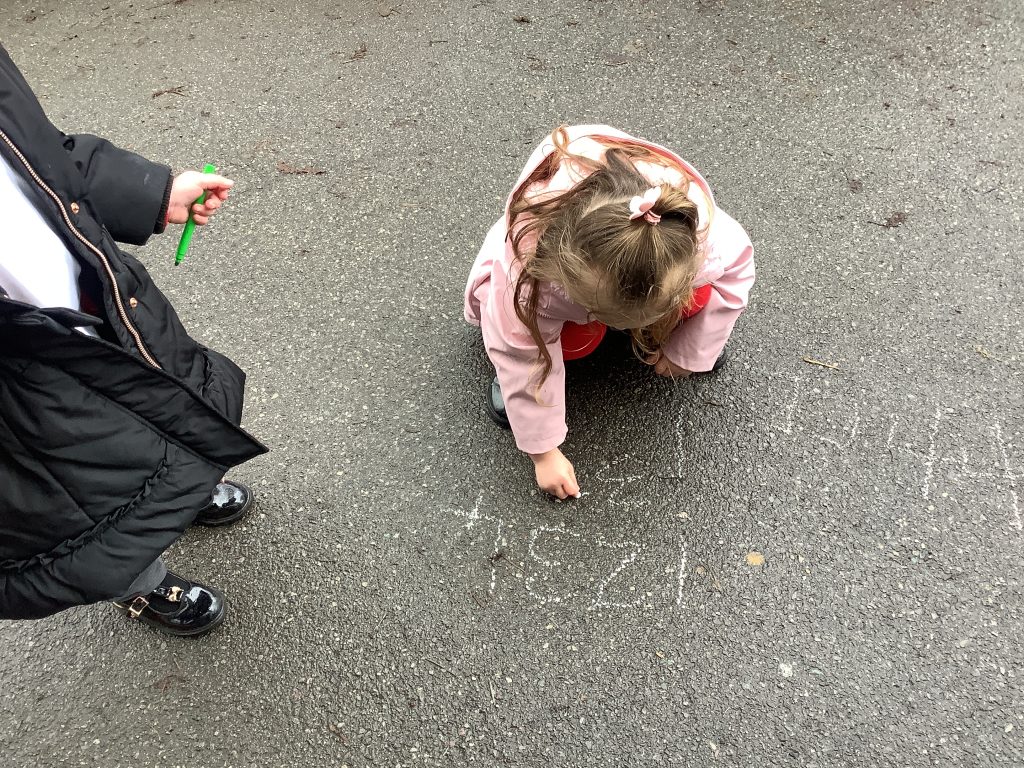
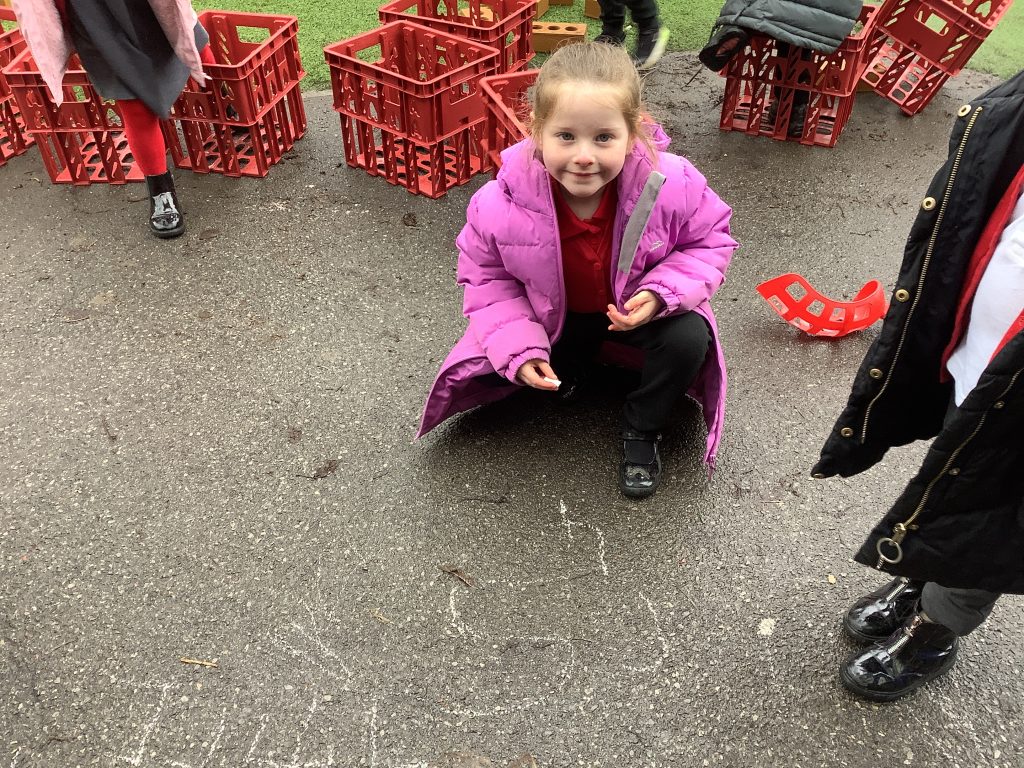
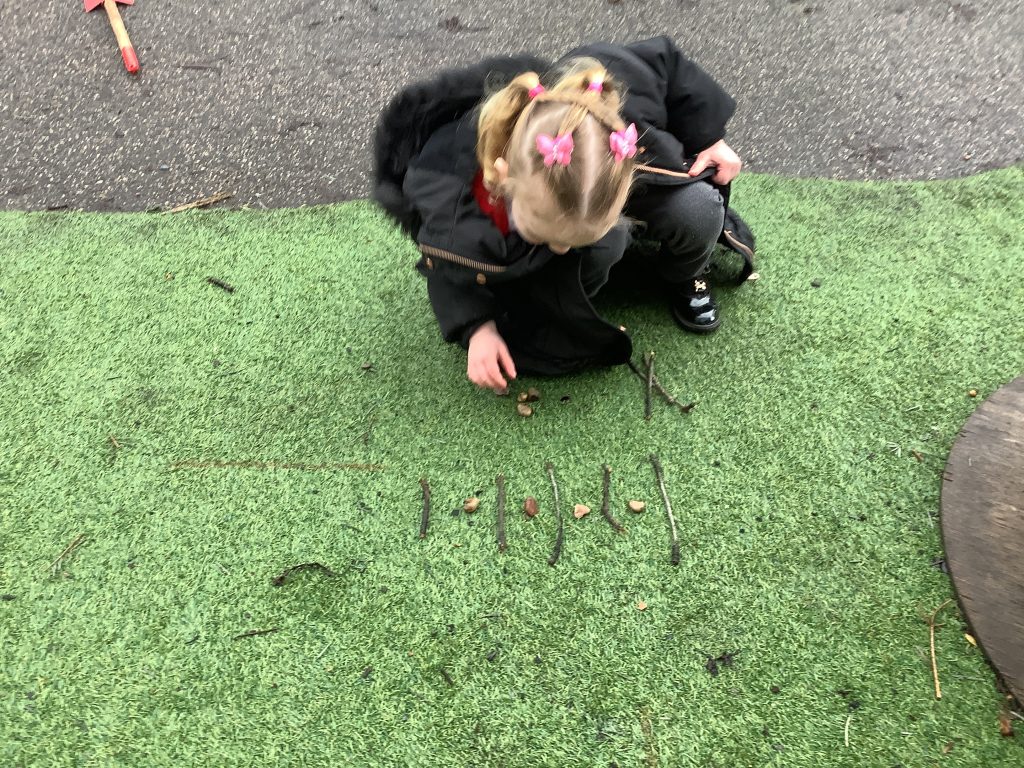
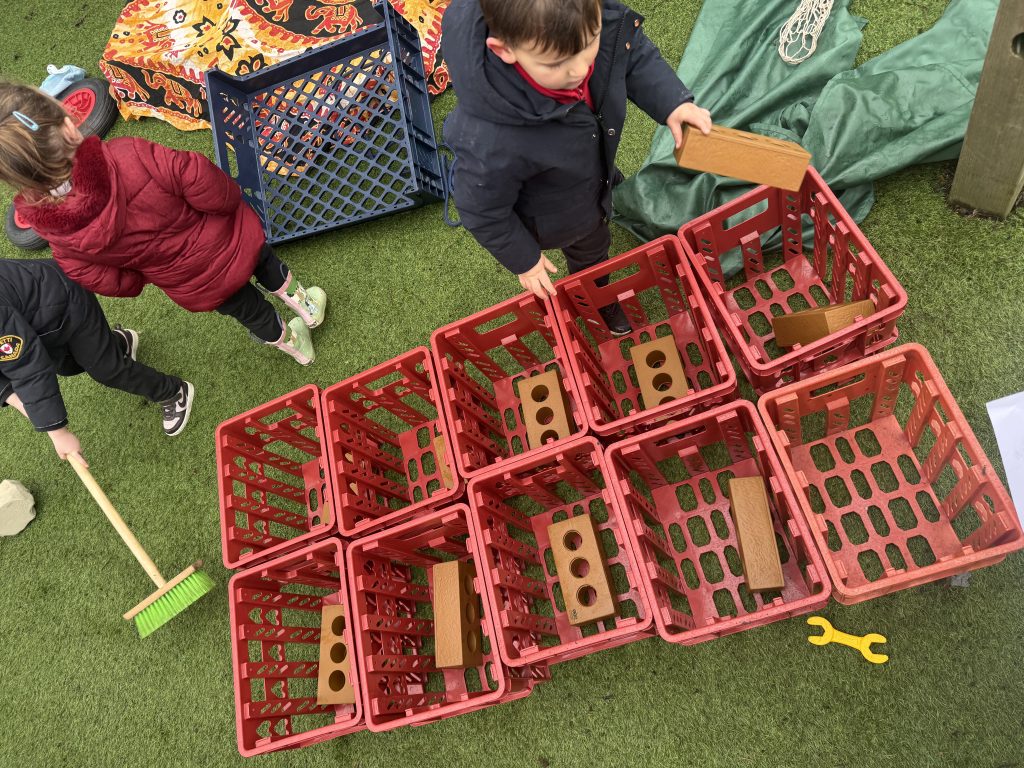
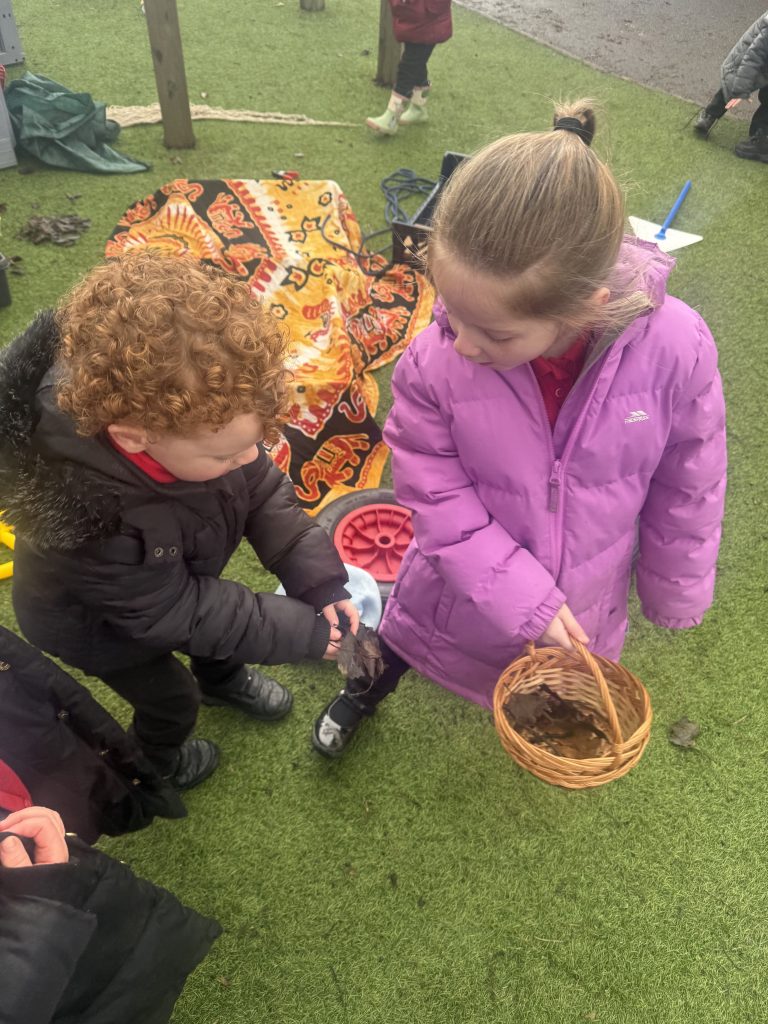
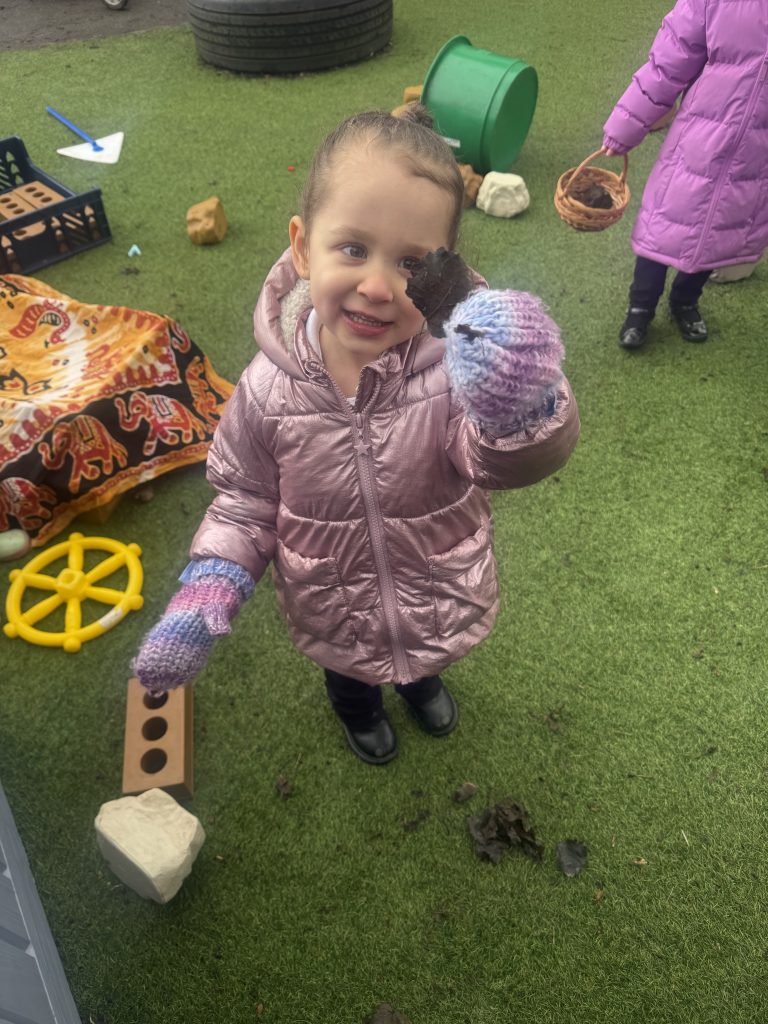
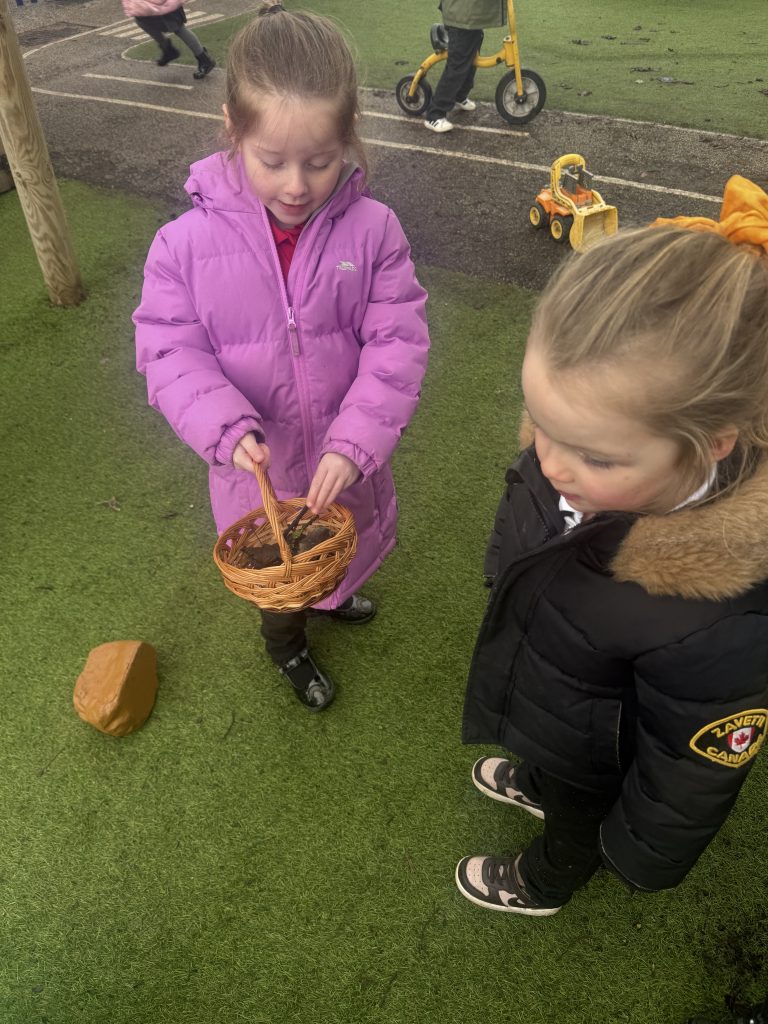
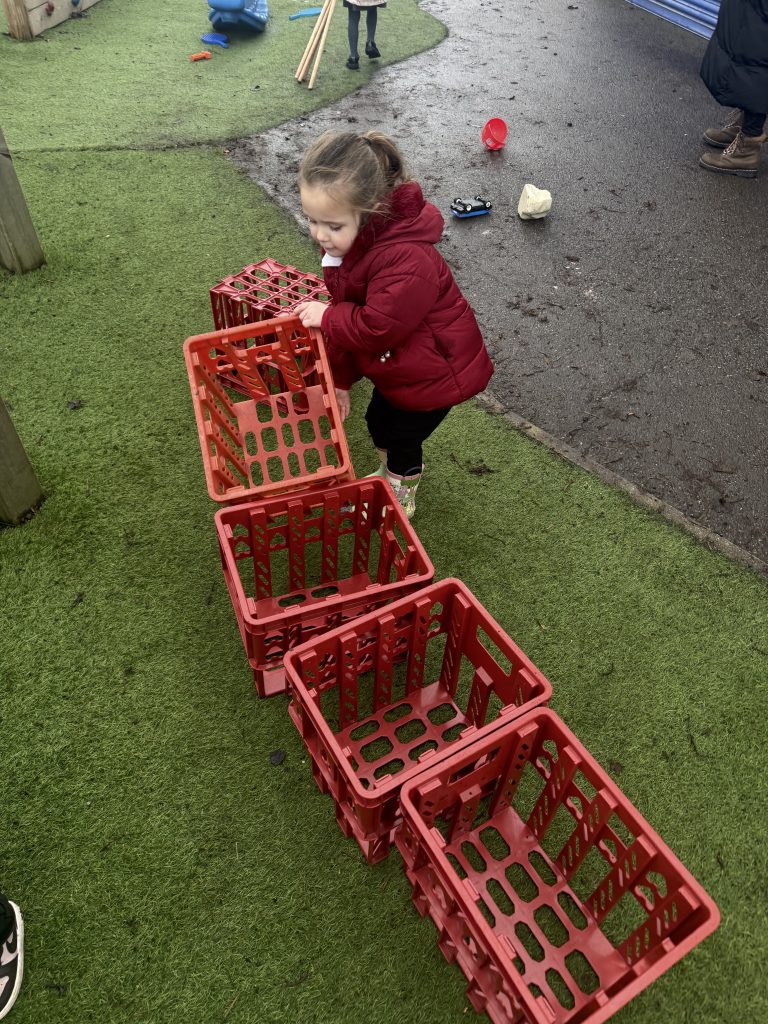
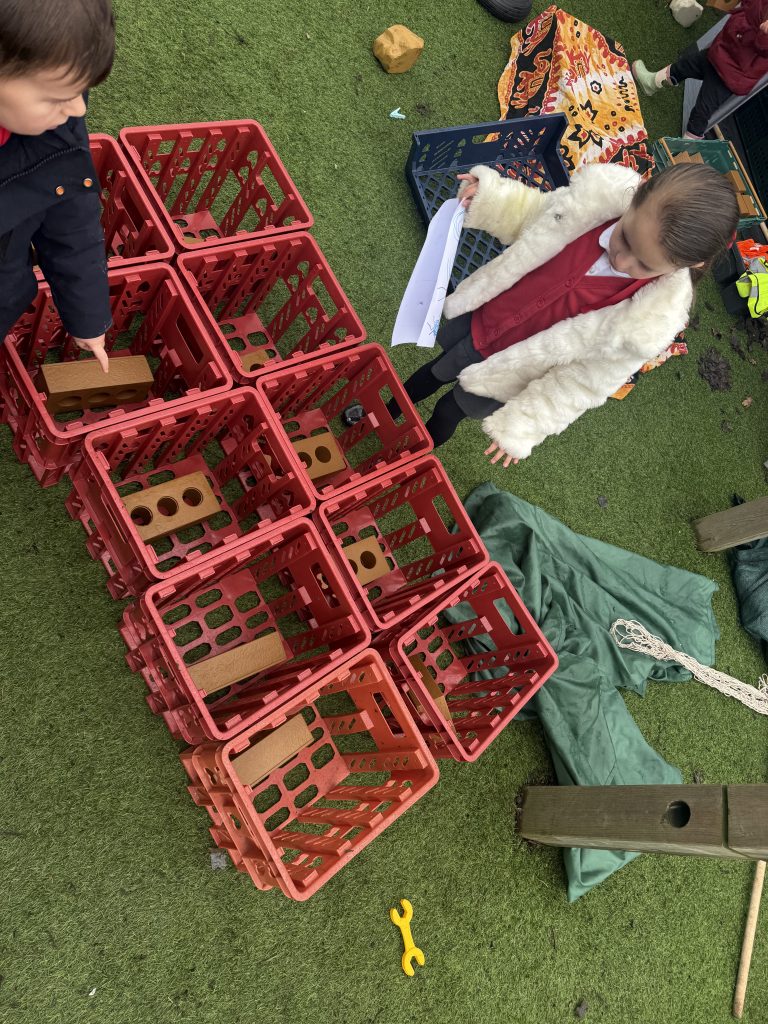
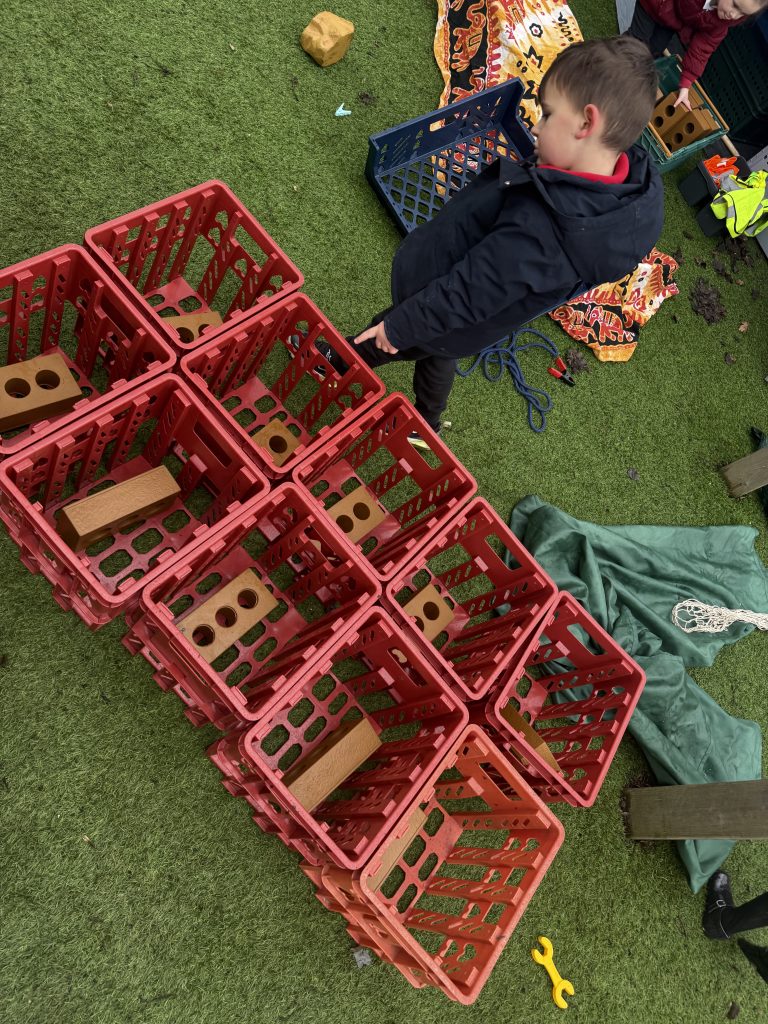
Reading Rewards
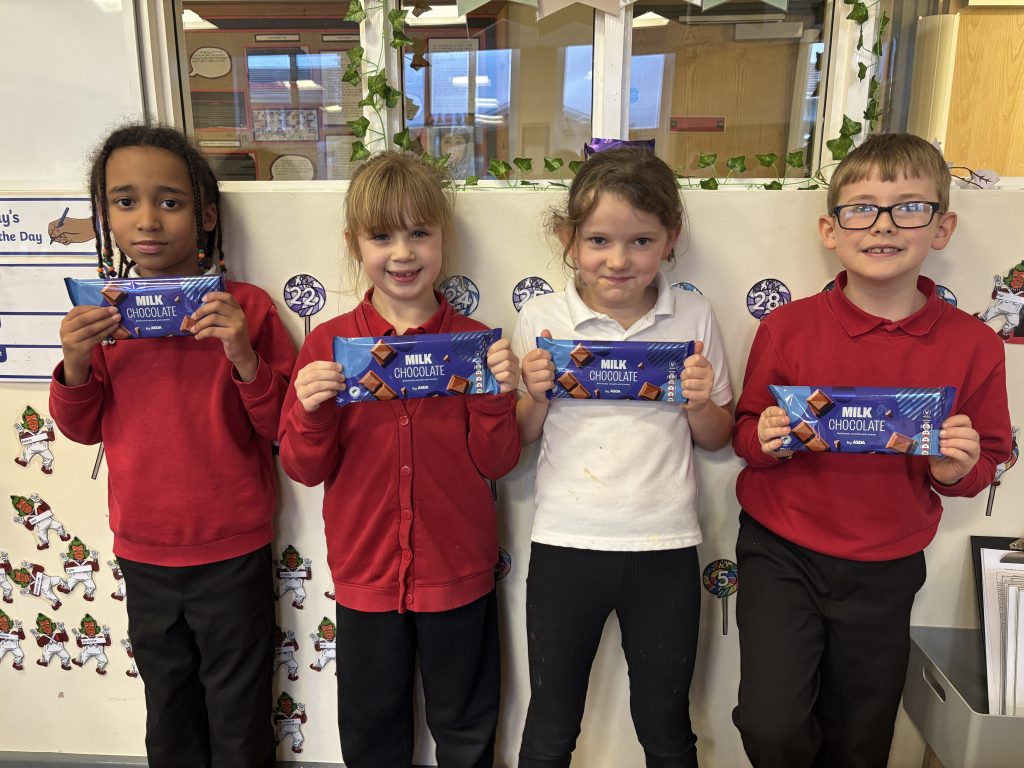
These four children have successfully completed our Willy Wonka reading challenge and have read 30 times this half term. Enjoy your rewards!
Academic Crew – personalised learning
Recently, during Academic Crew in Year 6 we have been showing independence, collaboration and hard thinking to help us get smart. During these sessions, we have our own learning target that we are focusing on. Some of us are improving our writing skills, some of us are becoming better readers and others are becoming better mathematicians. Last week, postcards were given to Rory, Tommy and Tiarna for their effort during this session. This week, postcards were given to Charlie, Ruby and Toby. Follow us to find out who will be next!
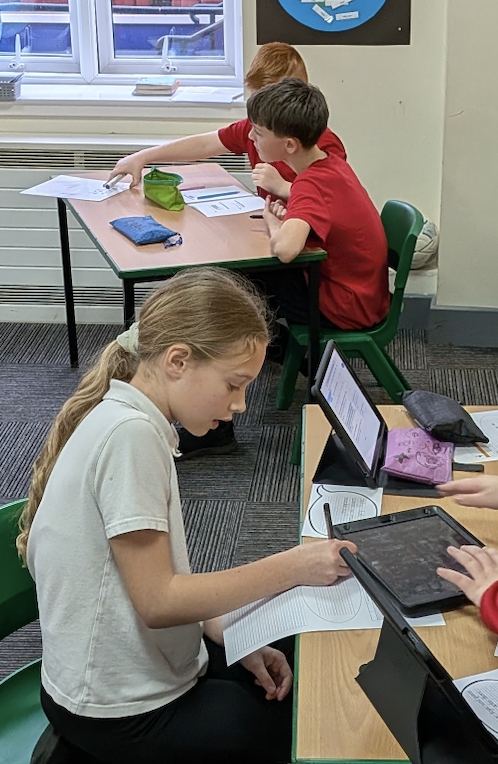
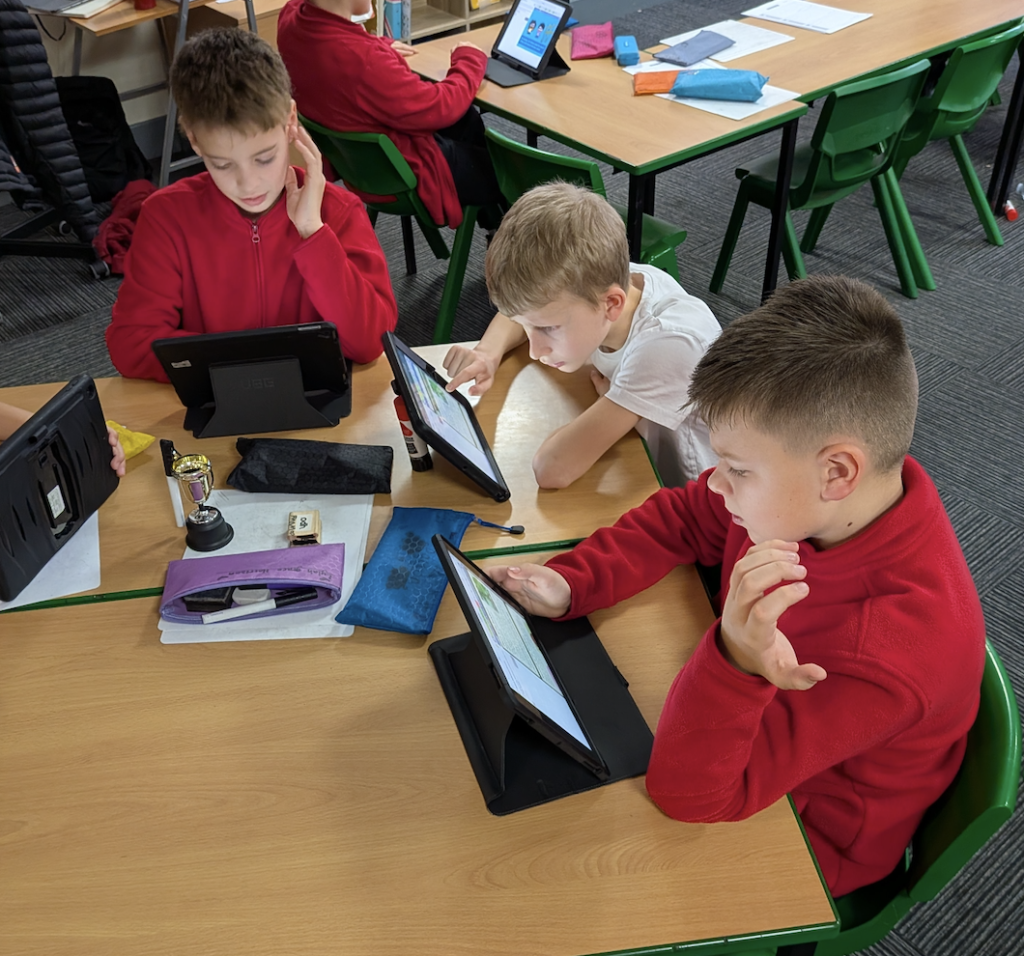
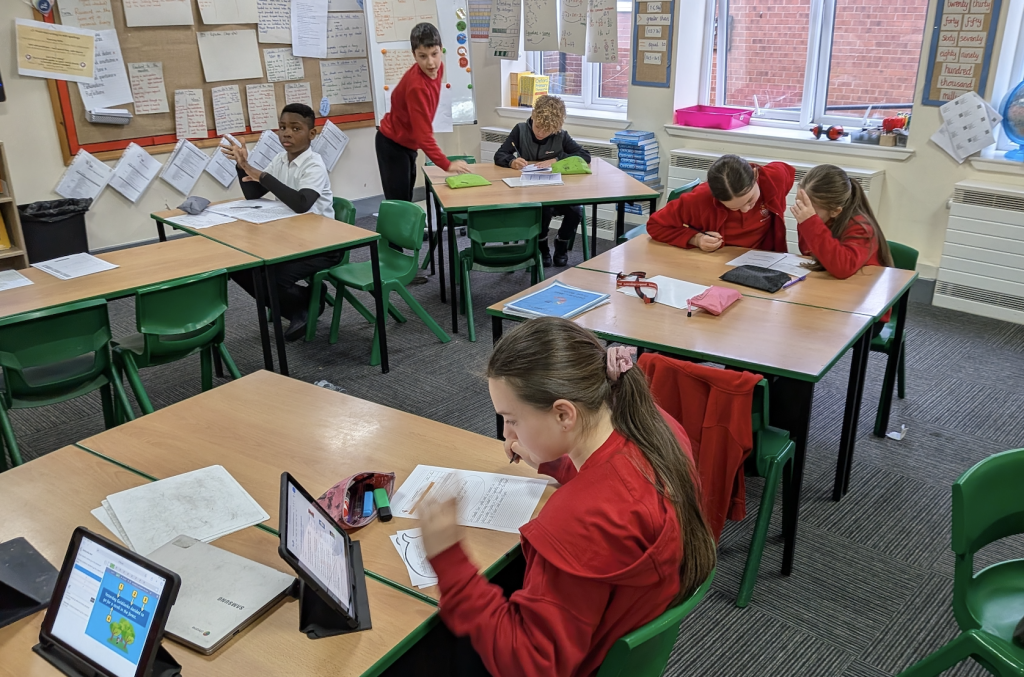
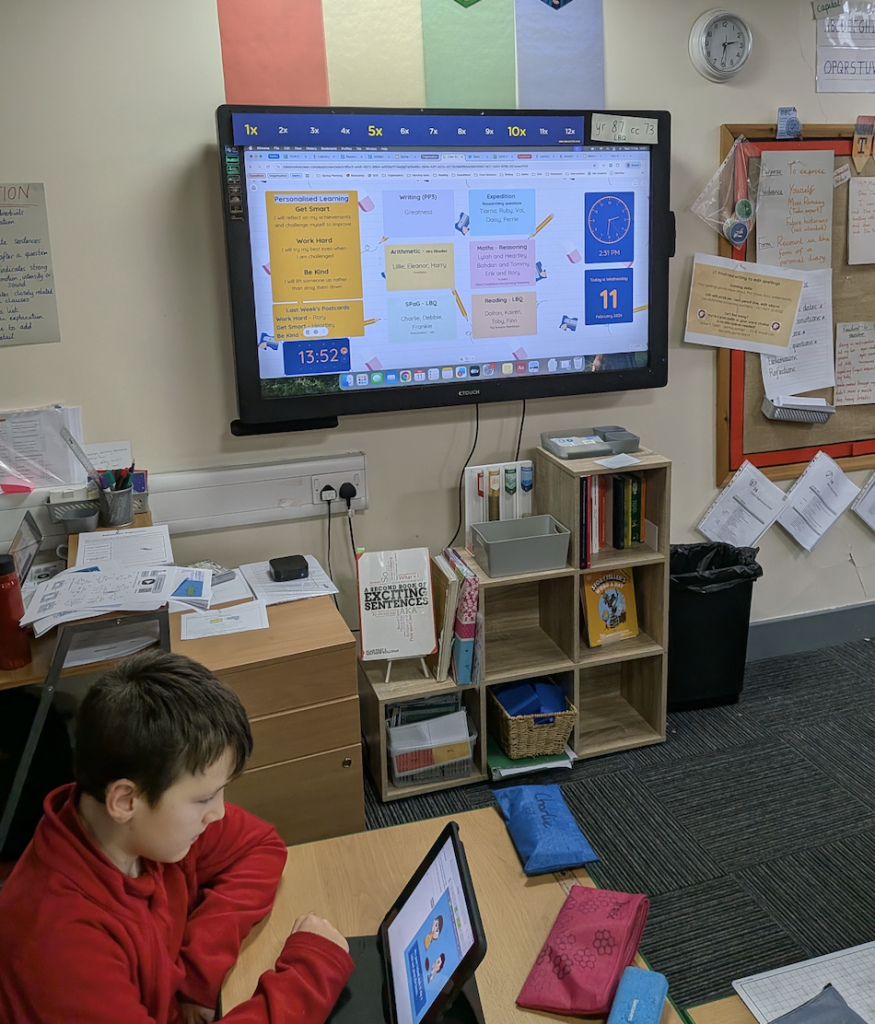
P.E
Today in p.e they did an obstacle course where that had to use lots of balancing skills
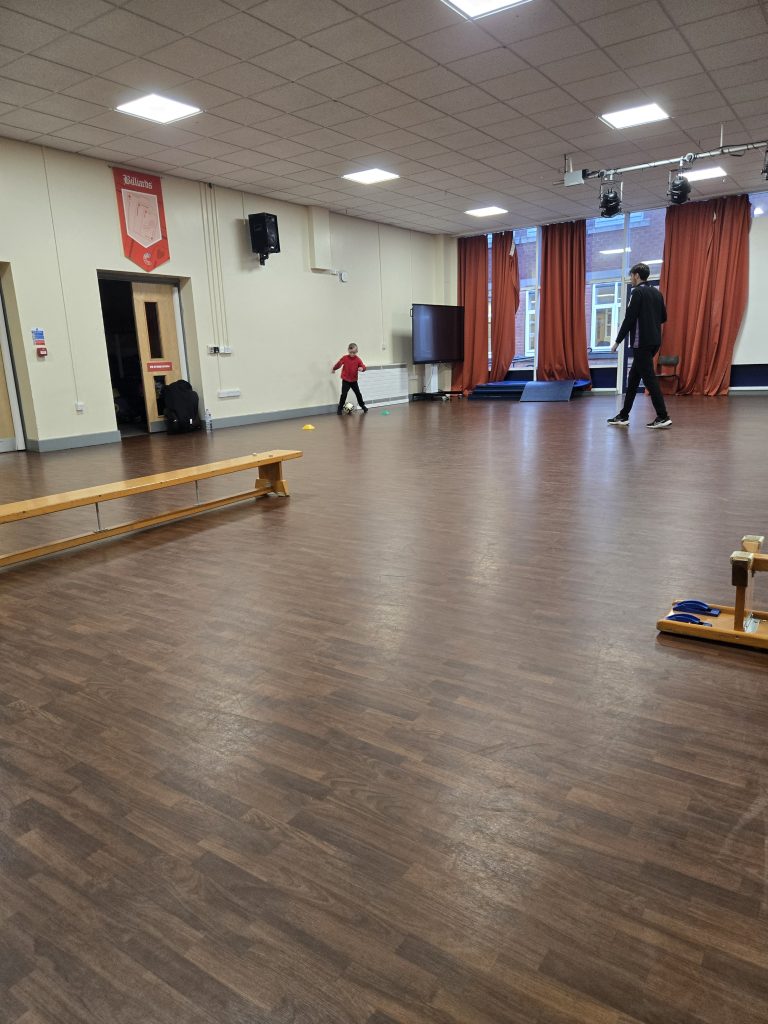
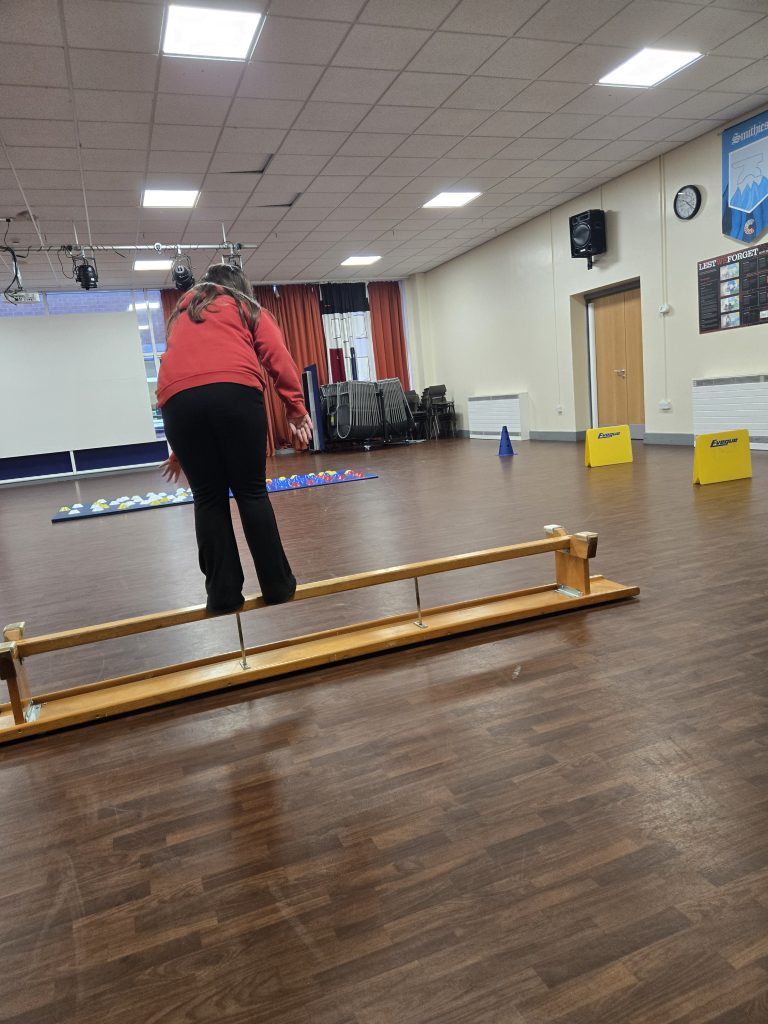
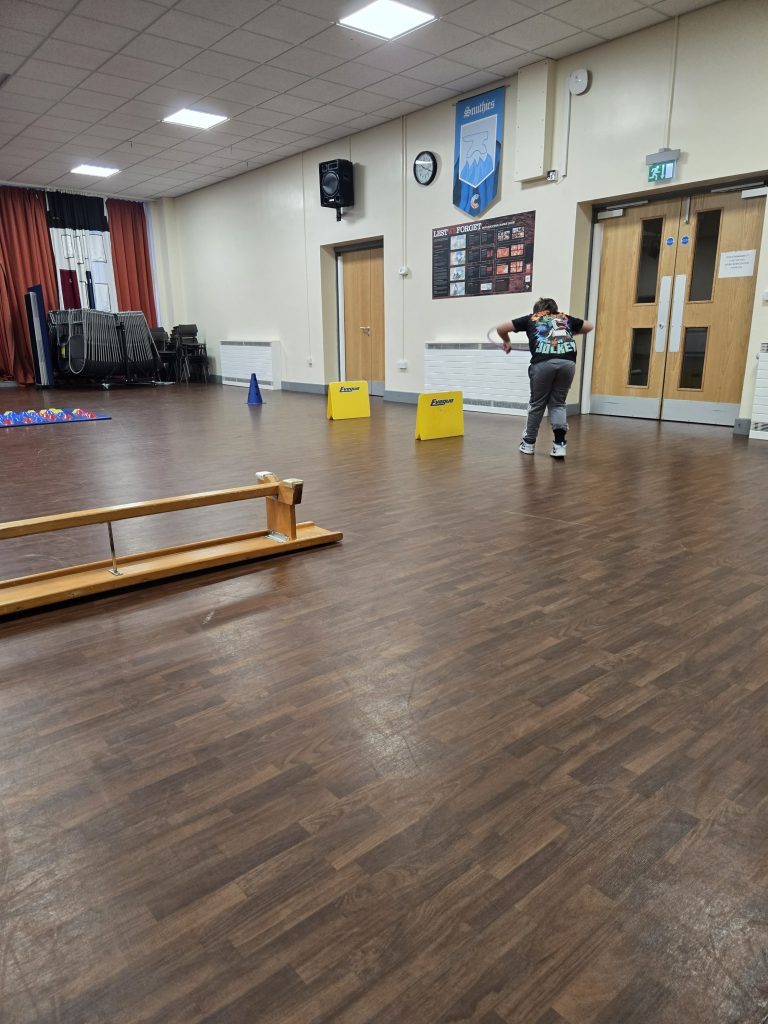
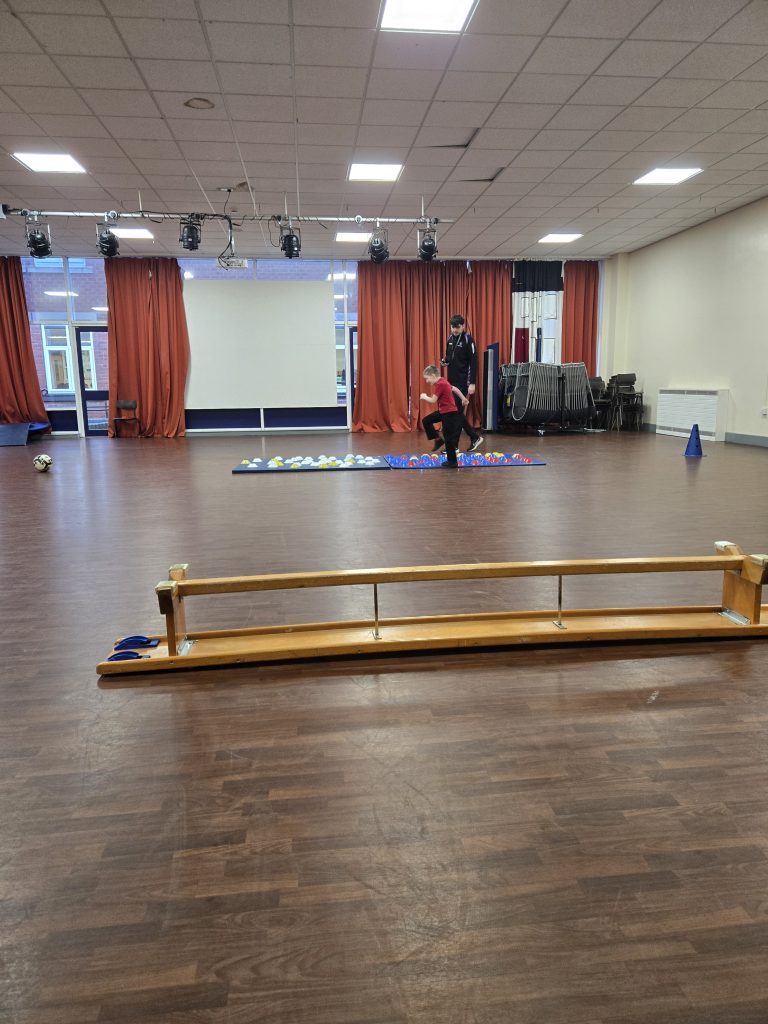
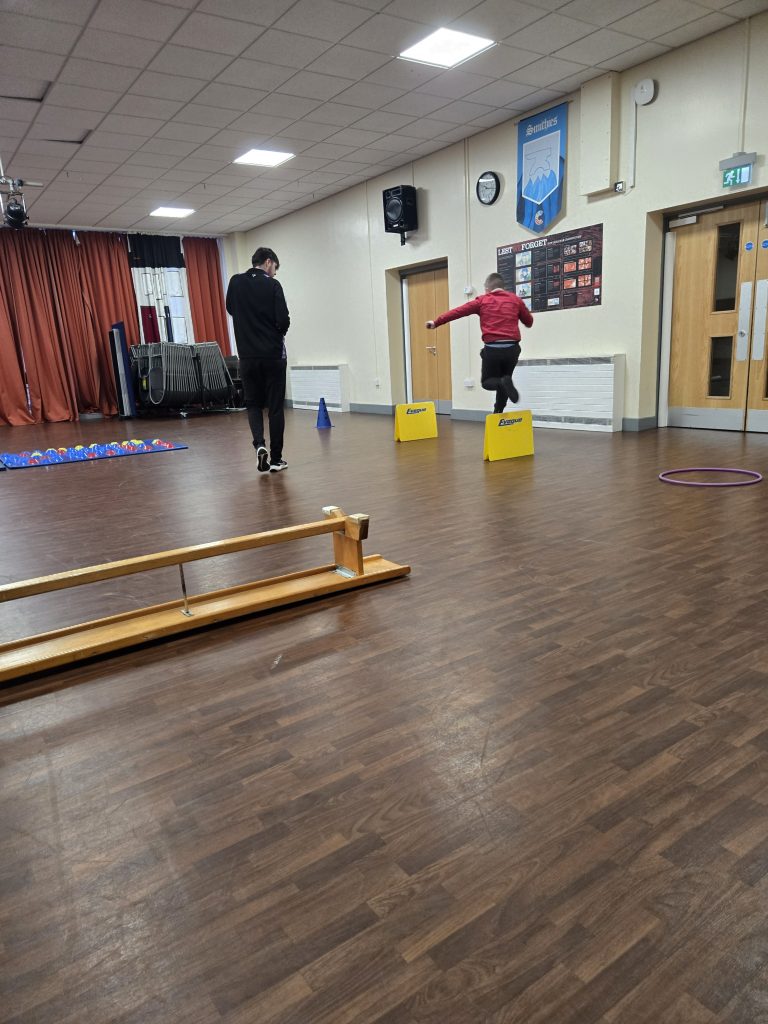
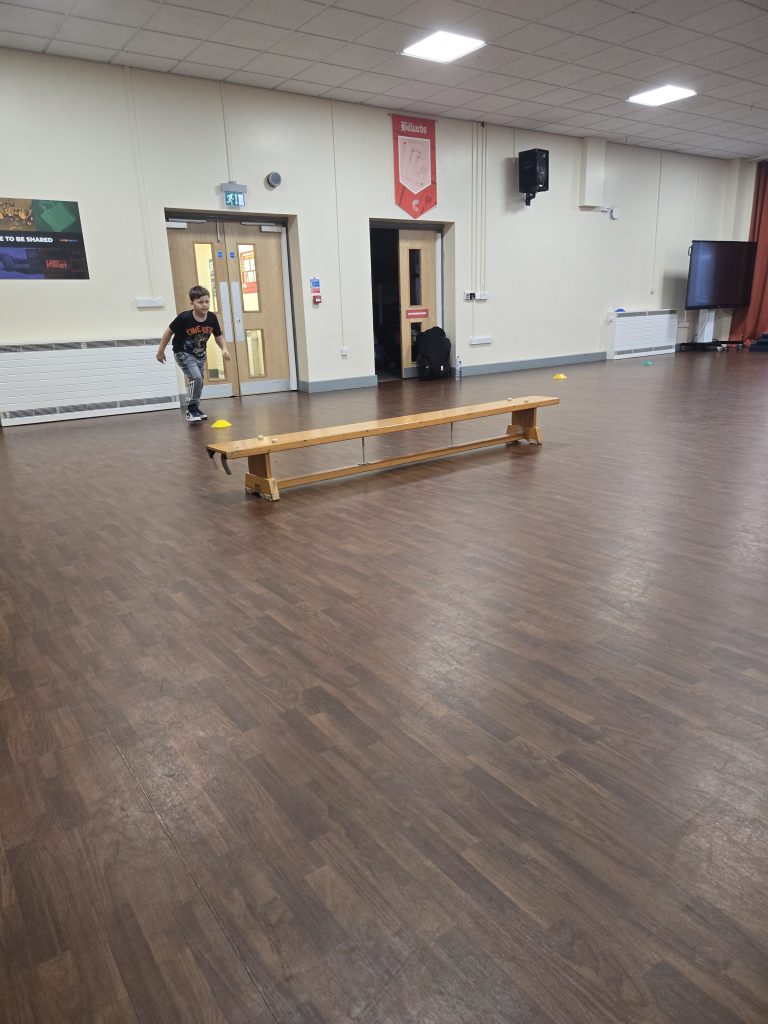
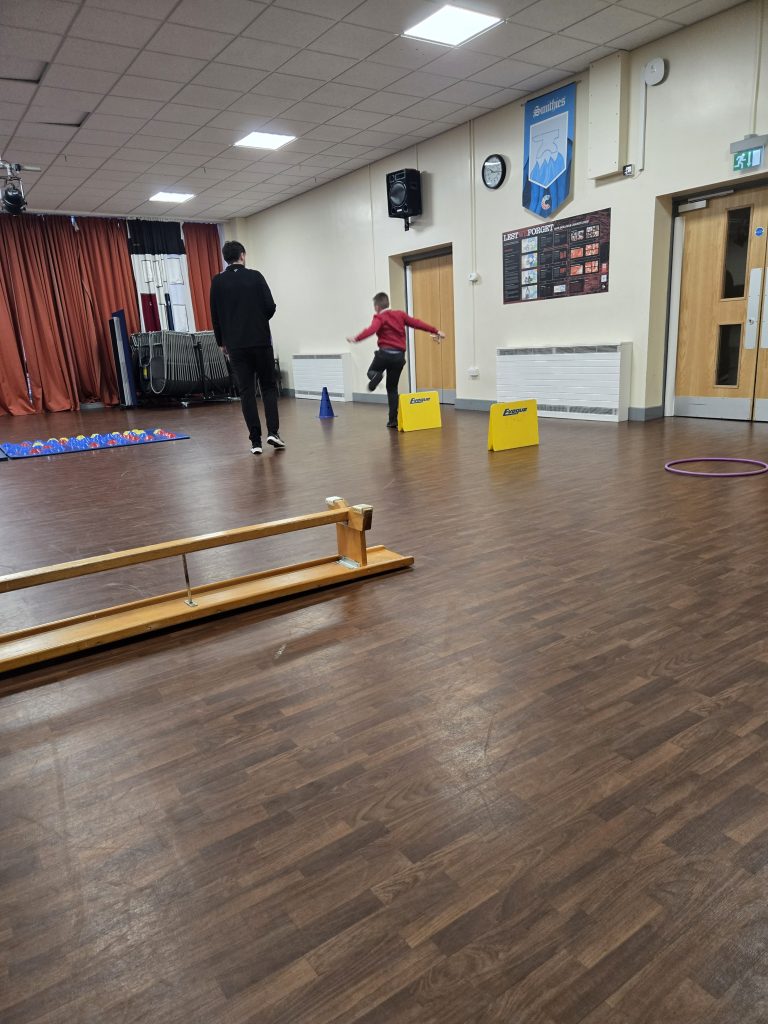
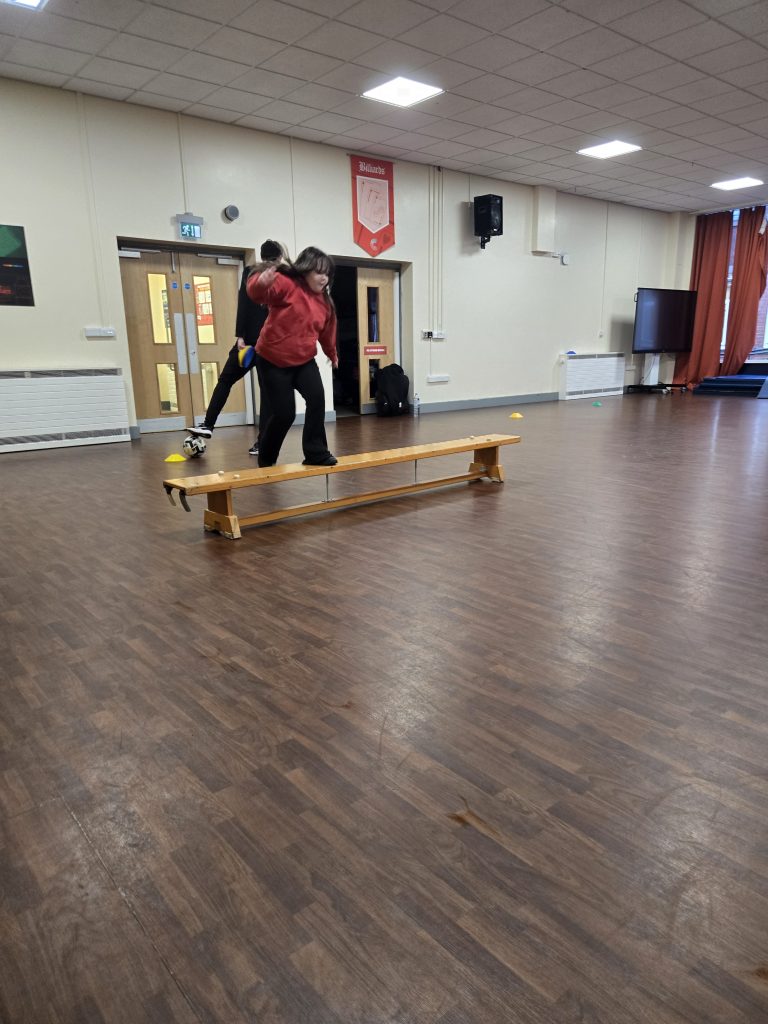
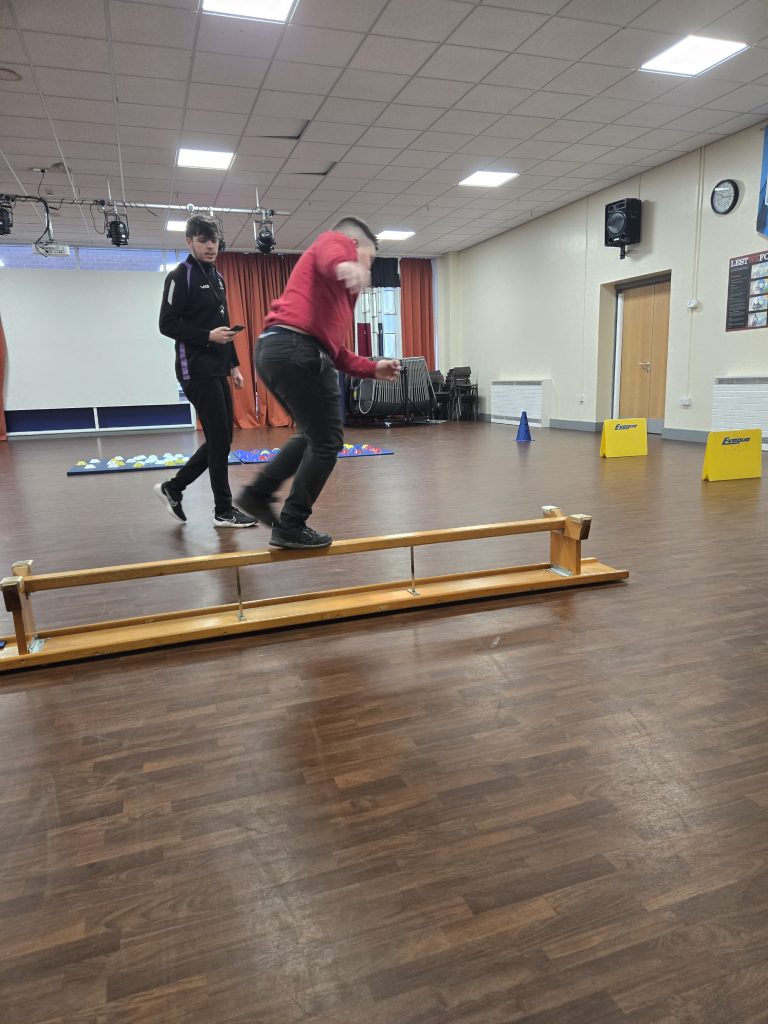
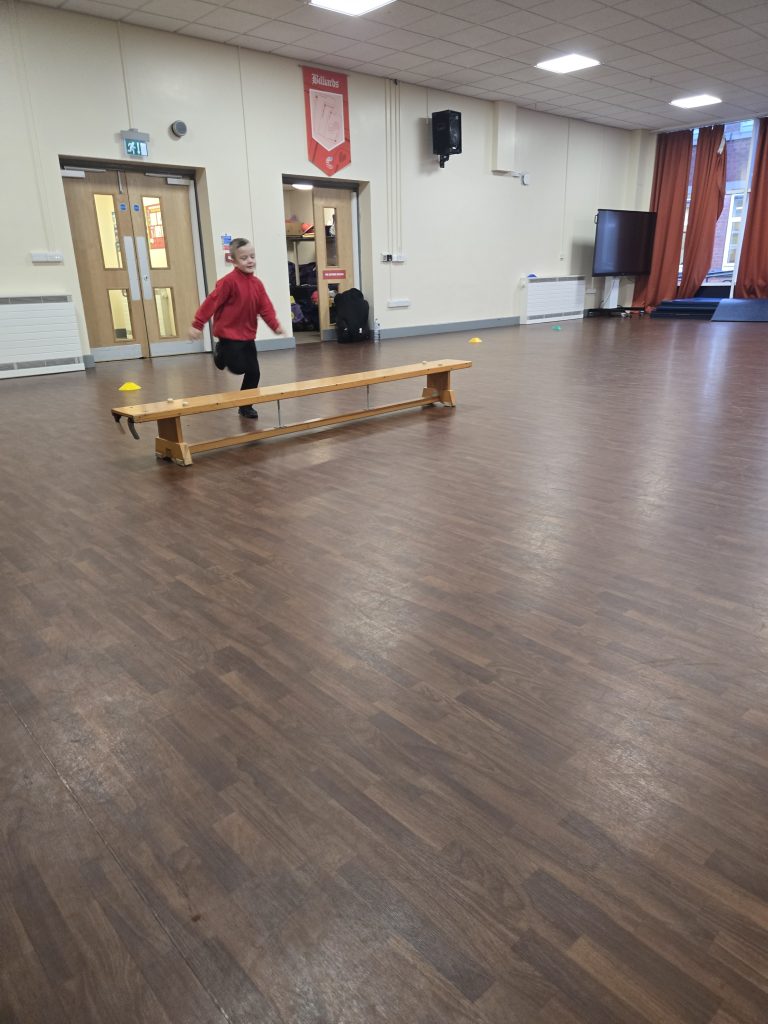
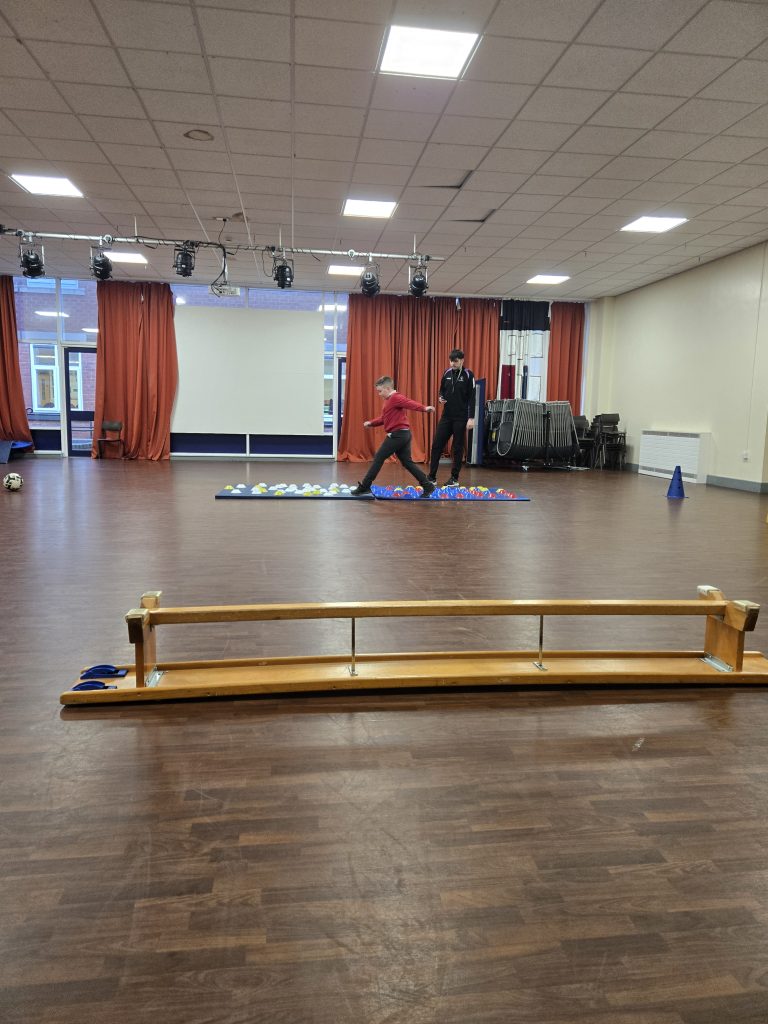
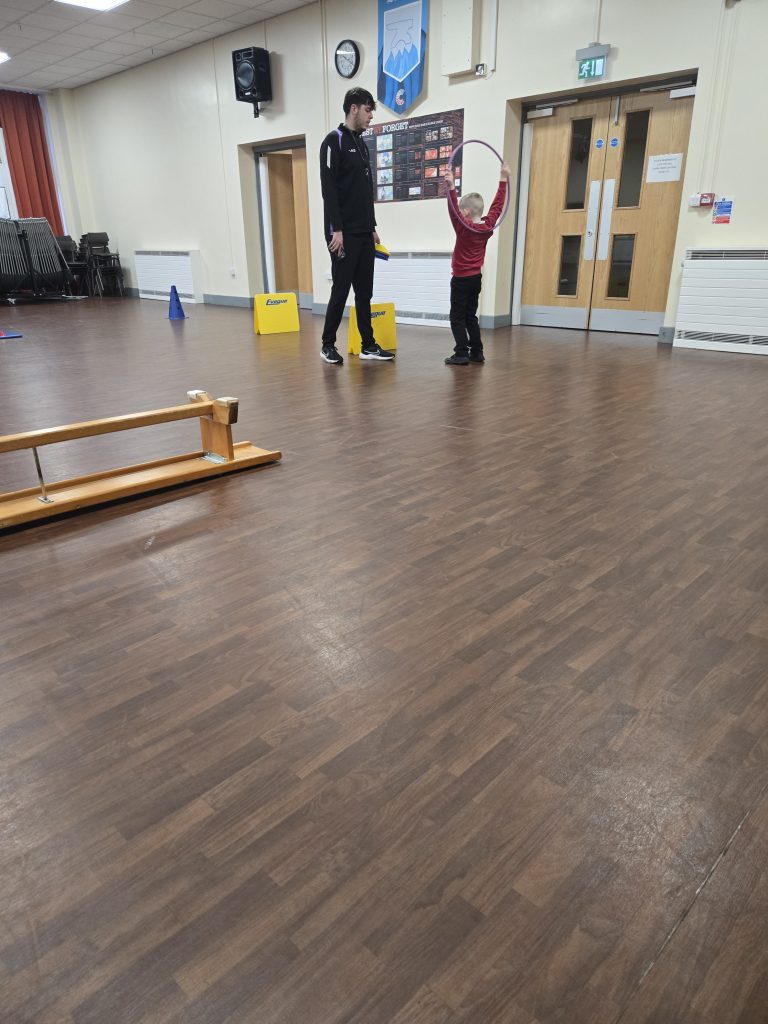
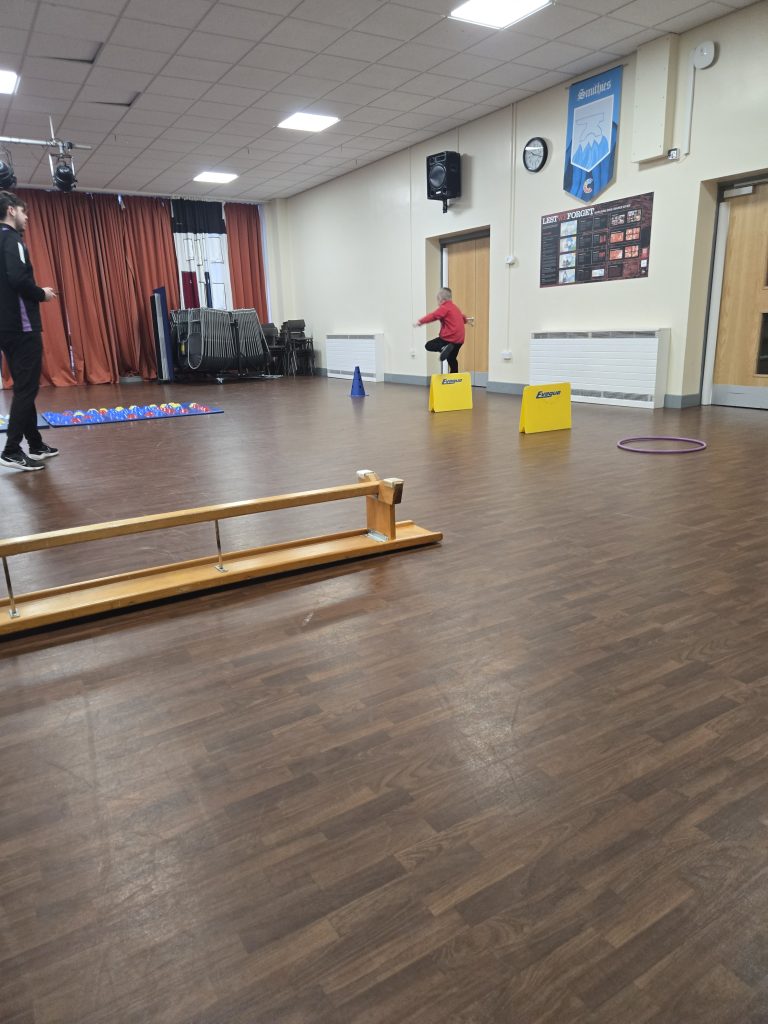
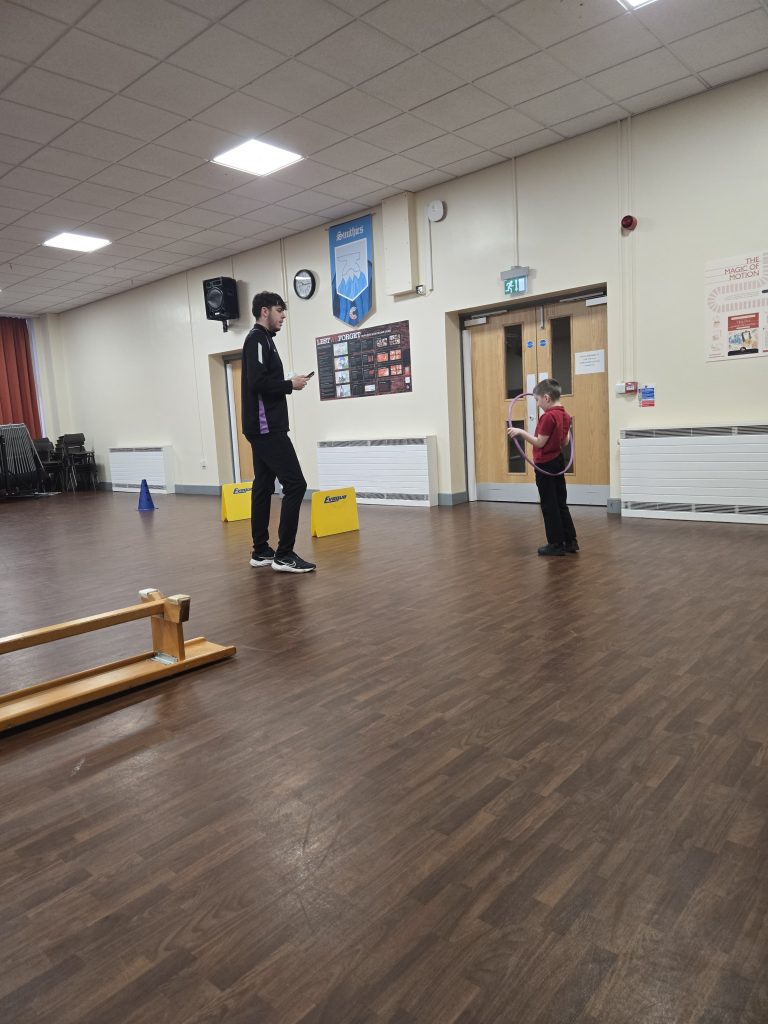
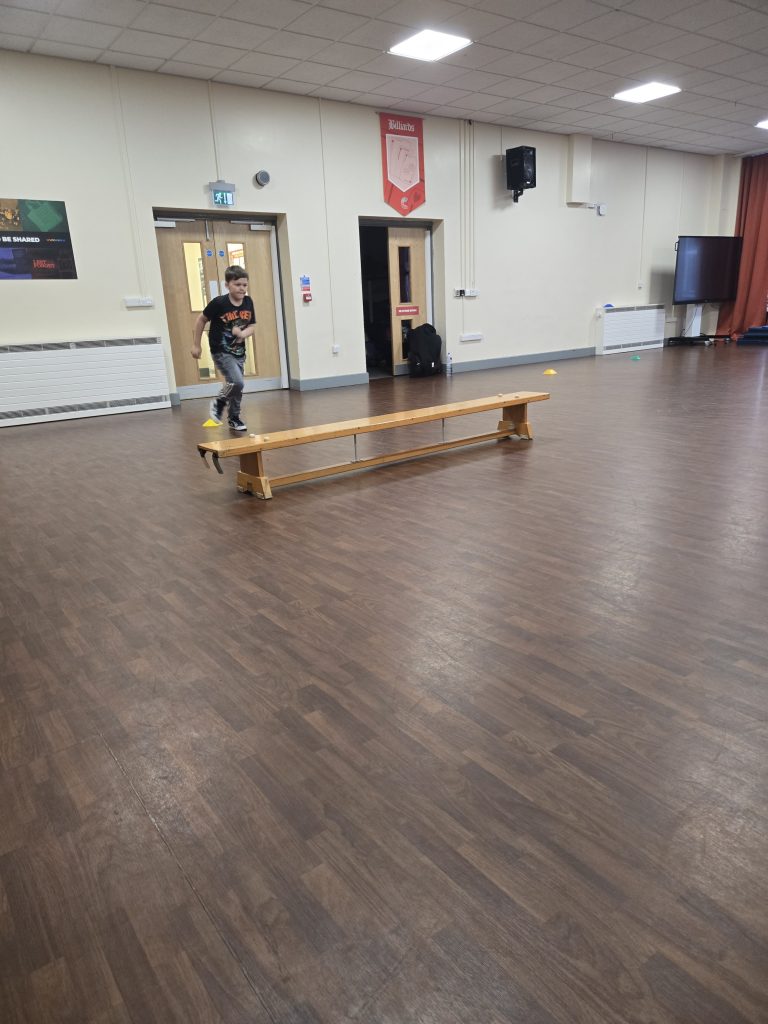
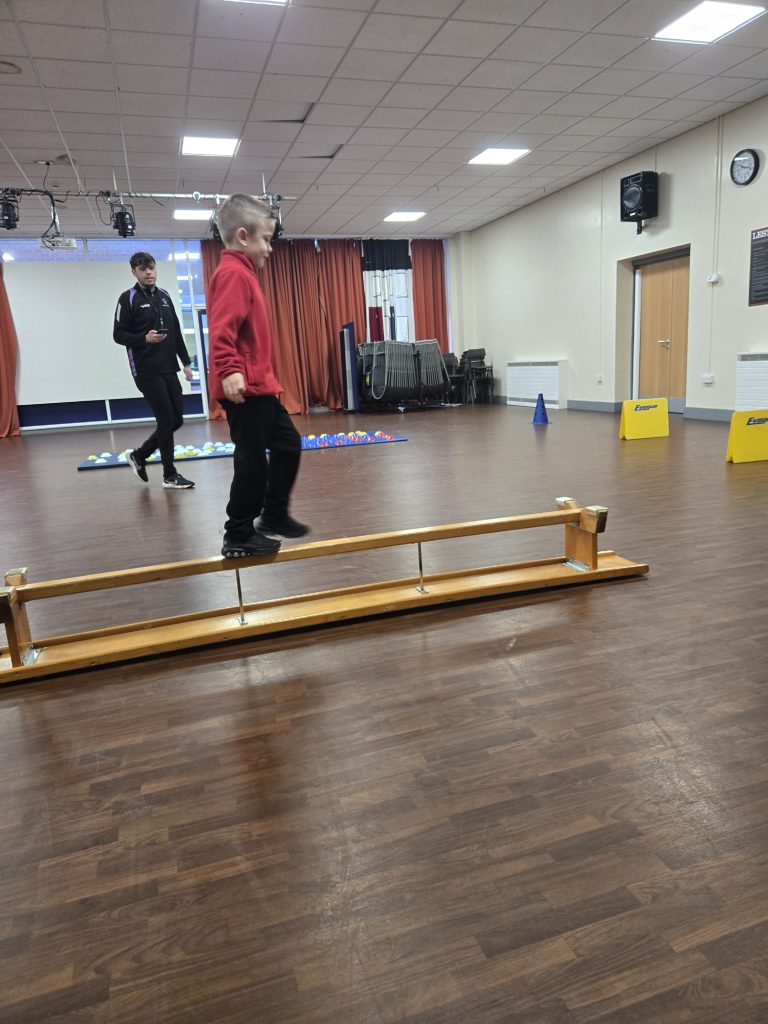
Crew Focus: Safer Internet Day – Navigating the Future with AI 🤖🌍
This week in Crew, we took part in Safer Internet Day, focusing on navigating the Future with AI. We explored how artificial intelligence is becoming a bigger part of our lives and how we can use it safely, responsibly and with our crew values in mind.
To start, we did an active debate activity around the room. Signs said “Okay,” “Not Okay,” and “It Depends,” and we had to move to the area that matched our opinion about statements involving AI. Some statements were tricky! One statement really got everyone talking: ‘Is it okay to use AI to help with homework?’
We realised that many answers were not simply yes or no – sometimes it does depend. By listening to others respectfully and explaining our reasoning, we practiced respect and integrity. It reminded us that staying safe online means thinking carefully and making thoughtful choices with trusted adults.
Next, we worked in our mini crews to act out short scenarios where children faced troubles with AI. We gave advice on what the character should do. We suggested things like:
- Never sharing personal or private information online (integrity).
- Telling a trusted adult if something feels wrong or confusing (courage).
- Using AI as a tool to support learning, not replace it (respect).
Through these activities, we practised compassion by understanding others’ experiences, courage by sharing our opinions, respect by listening carefully and integrity by giving honest, thoughtful advice.
Safer Internet Day reminded us that AI can be exciting and helpful, but it must be used safely, kindly and responsibly.
Exploring Positive Mental Health in Crew
Crew Godley have focused on positive mental health this morning in crew as we got moving with a fantastic workout inspired by Joe Wicks! We learned how exercise helps to boost our mood, increase our energy, and keep our minds healthy as well as our bodies. As we jumped, stretched, and powered through our workout, we could feel the difference movement makes, releasing feel-good endorphins and helping us feel calm, focused, and happy. We talked about how staying active is a great tool we can use whenever we need a lift. Crew Godley showed brilliant enthusiasm, resilience, and teamwork as we worked out our bodies and strengthened our minds!
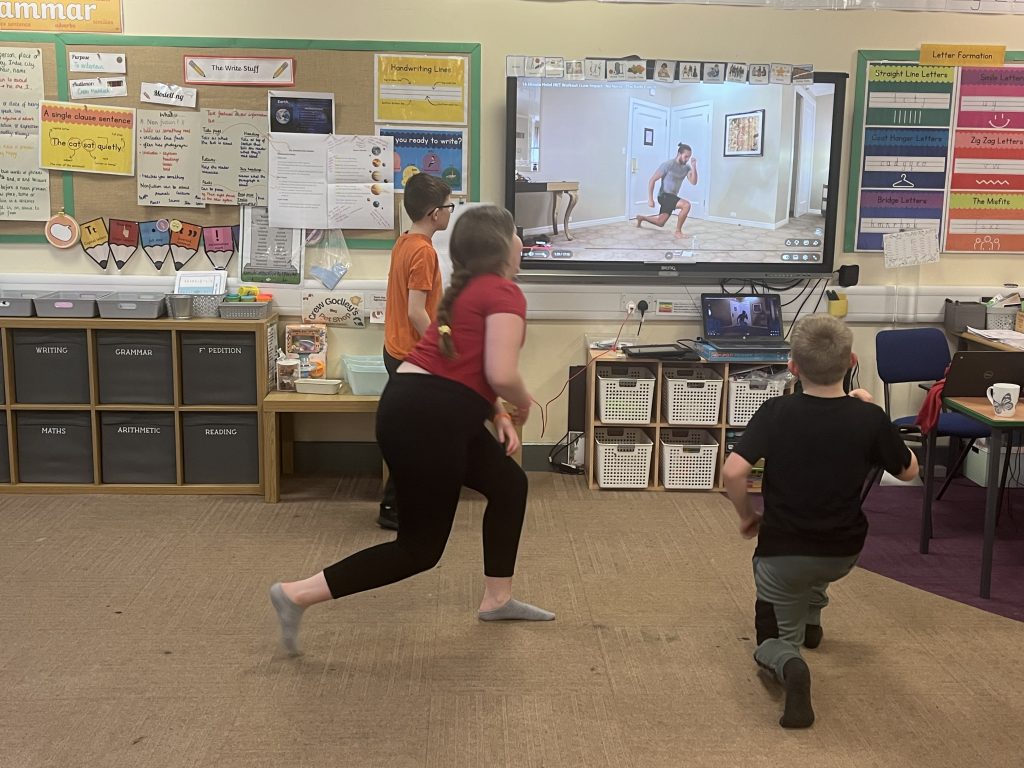
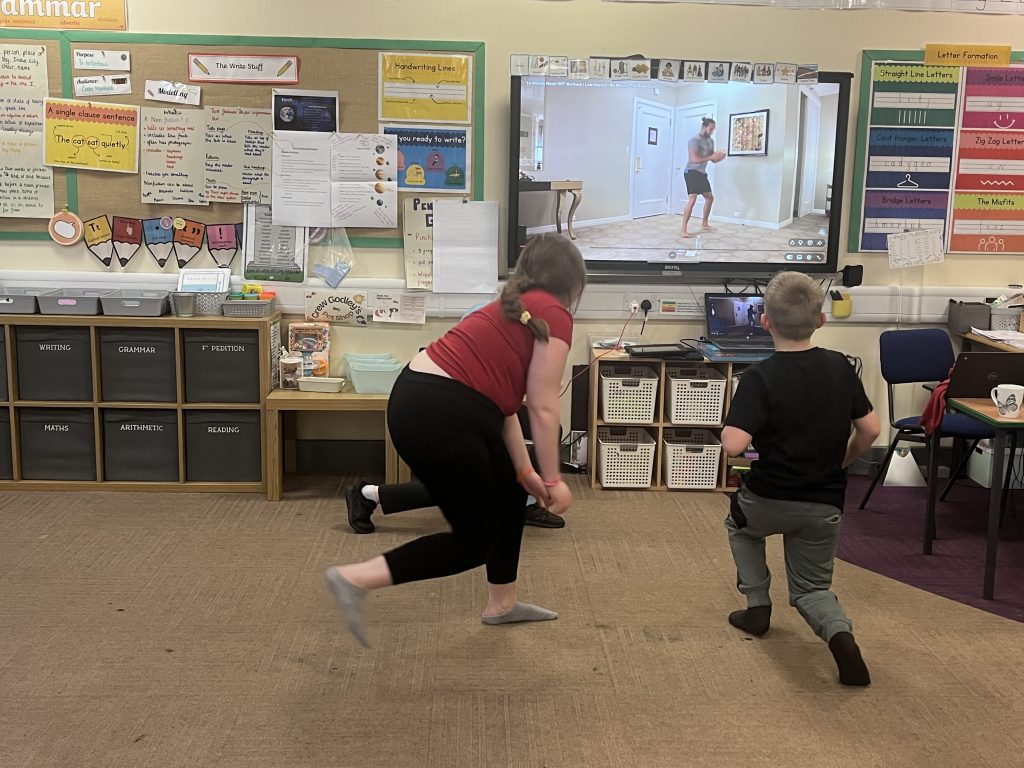
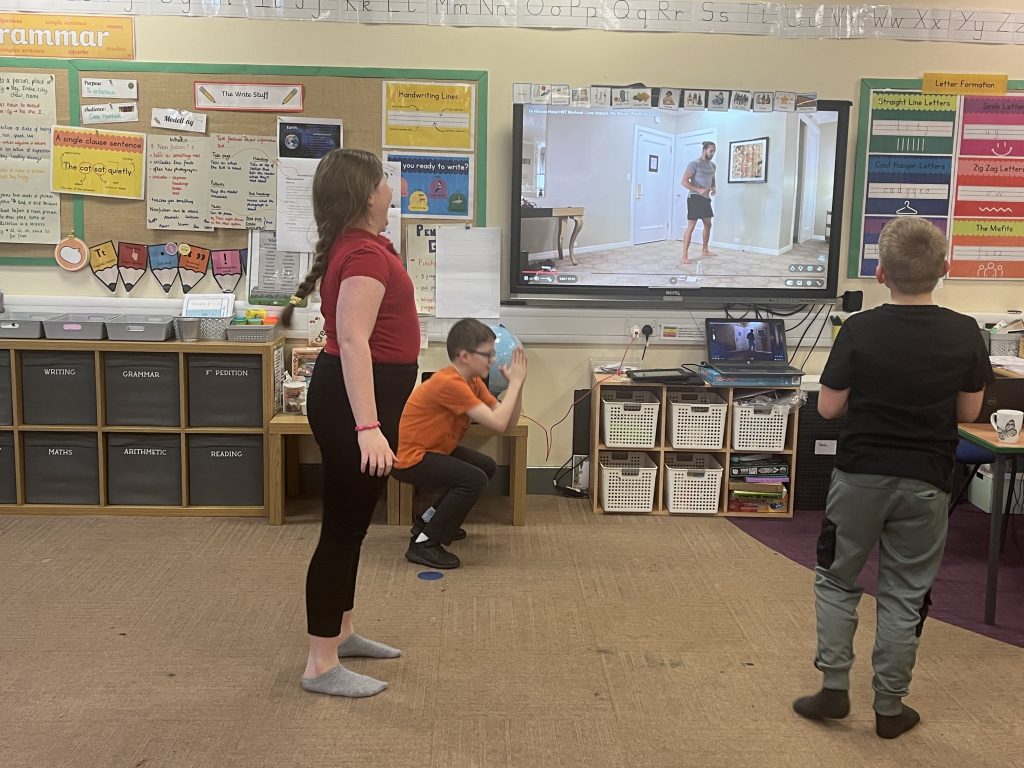
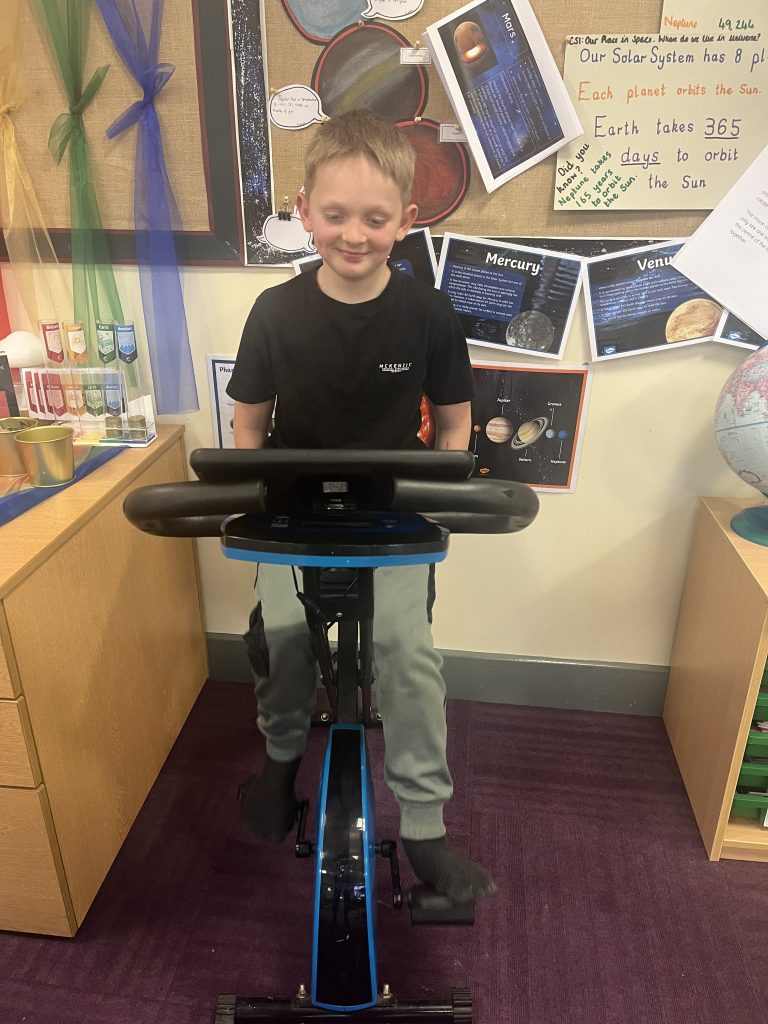
Exploring how to stay safe online during Safer Internet Day
During Safer Internet Day, Crew Godley became digital detectives as we worked with Natterhub to explore how our data is used online. We learned that every time we go online, we leave a digital footprint and that our information can be collected, shared, and sometimes used in ways we might not expect. Through discussions and activities, we discovered why it’s important to keep personal information private, think carefully before we click, and make safe, responsible choices on the internet. Crew Godley showed fantastic maturity as we built our understanding of how to stay smart, safe, and secure online.
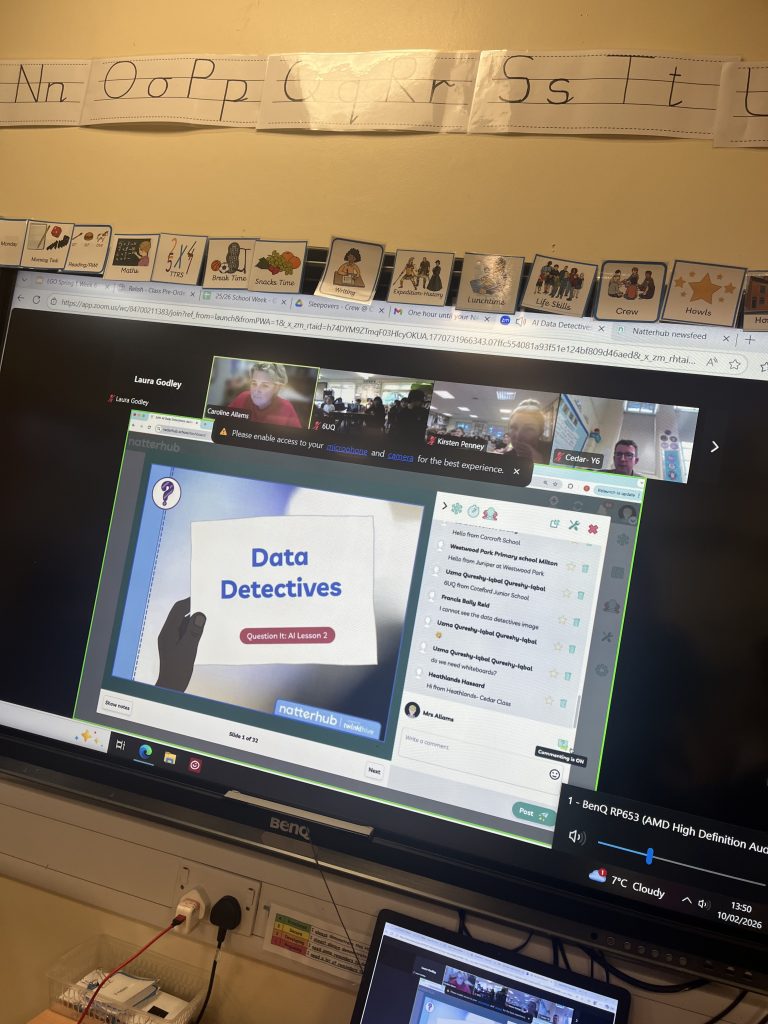
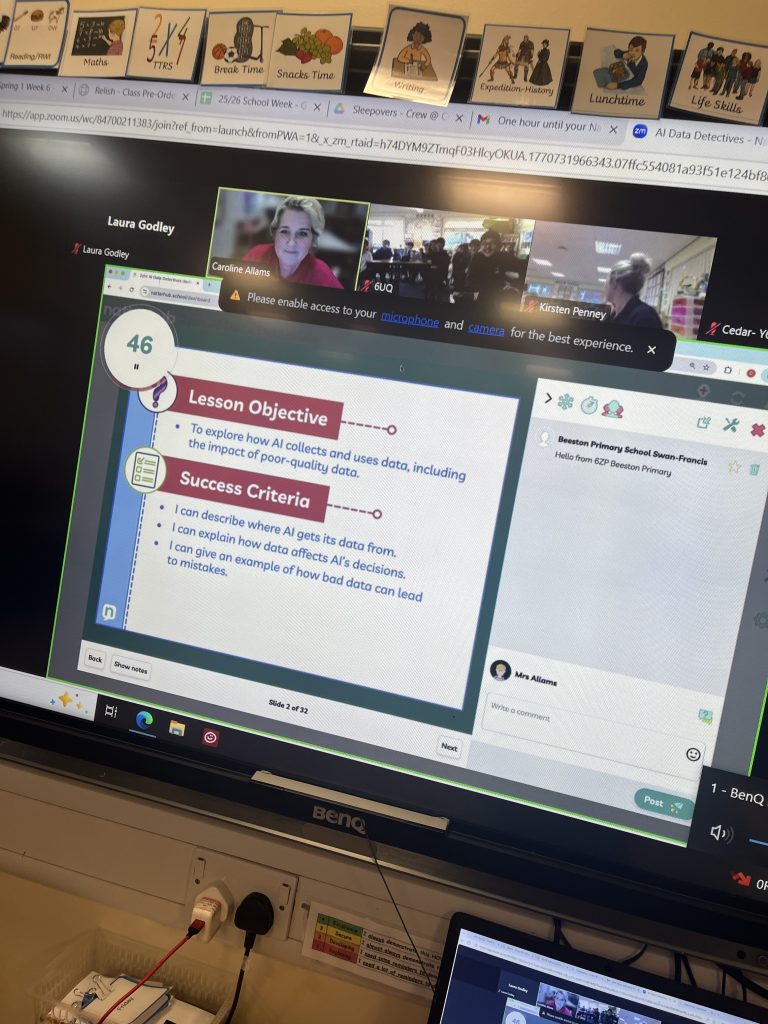
The Water Cycle ☀️ 🌧️
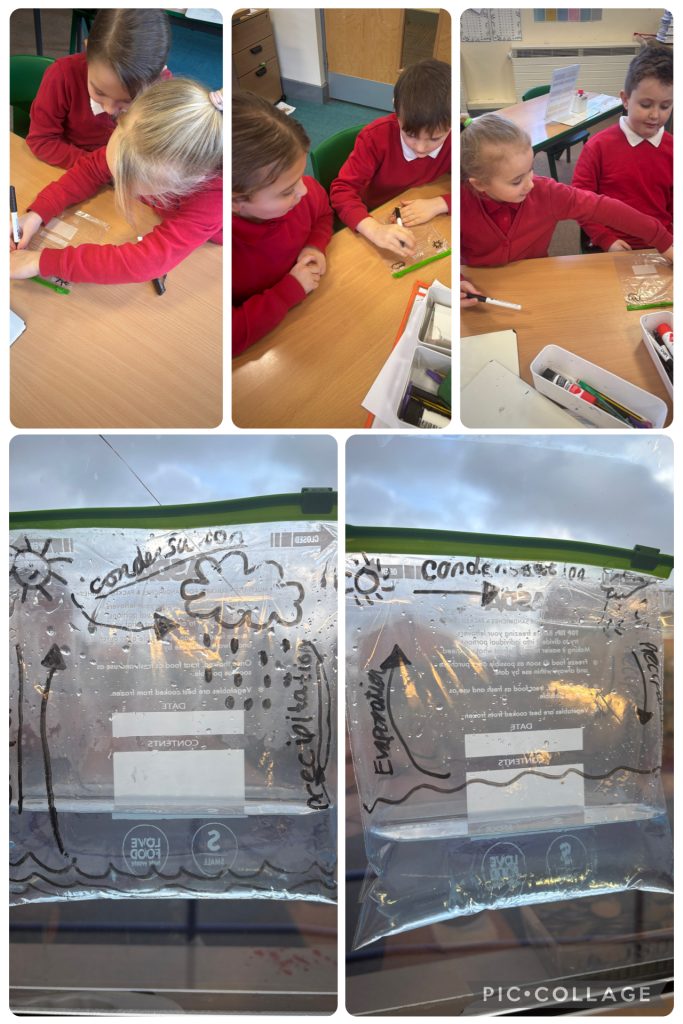
In expedition this afternoon we learnt about the water cycle. We learnt several new worlds including evaporation, condensation and precipitation. We used our new knowledge and our water cycle bags to explain the process to our friends.
Crew Godley blast off to the Moon!
Crew Godley blasted off into Case Study 2, Mission Apollo 11 – What made the Moon landing so special? We explored exciting space vocabulary connected to the historic Apollo 11 Moon landing, discovering that lunar means relating to the Moon, learned that a module is a self-contained unit of a spacecraft, and understood how gravity is the force that pulls objects toward each other. We talked about descent, the careful movement downward to land the spacecraft, and learned that Tranquility was the name of the calm and peaceful landing site. To bring our learning to life, we created detailed sensory maps of the Apollo 11 Moon landing, imagining what the astronauts might have seen, heard, and felt as they made history.
